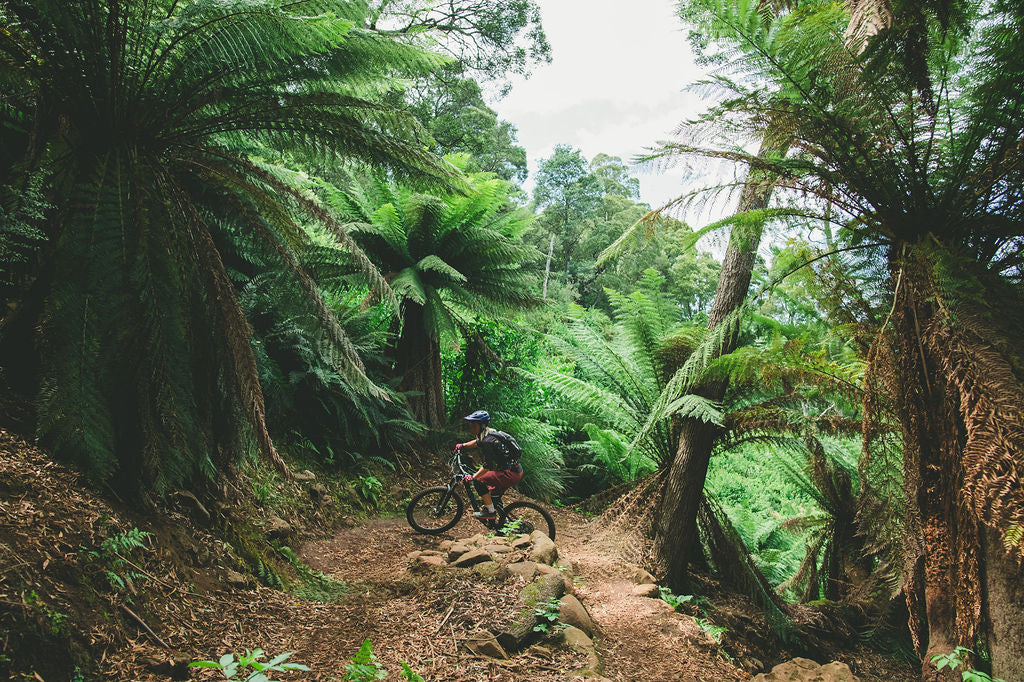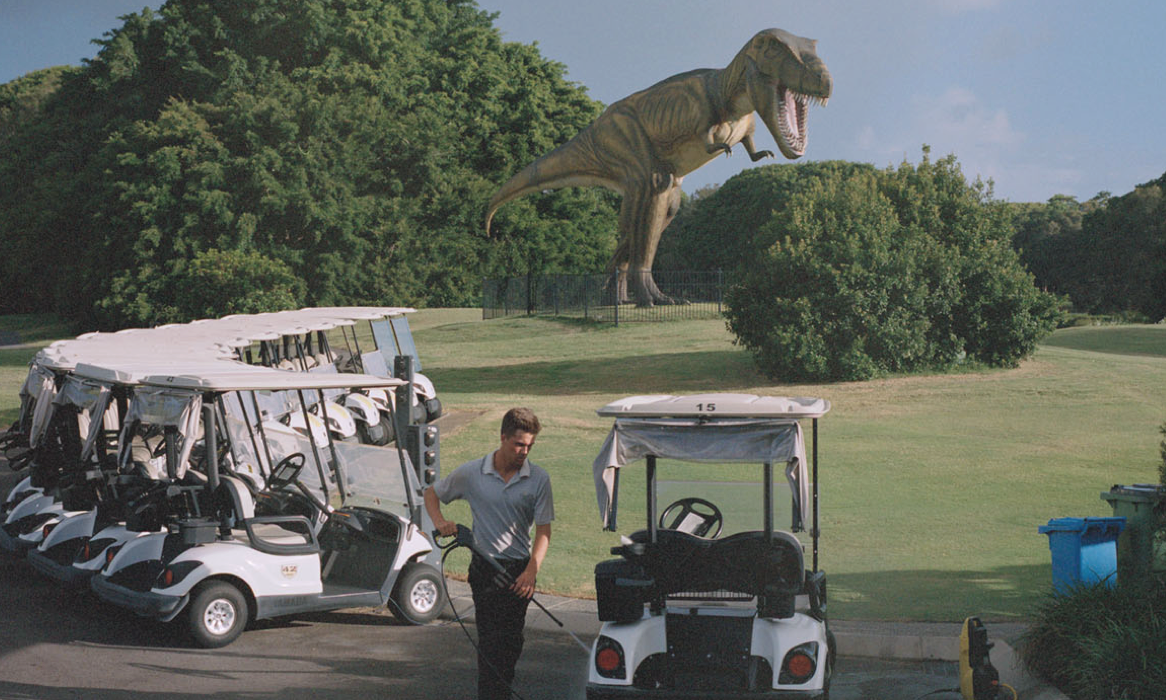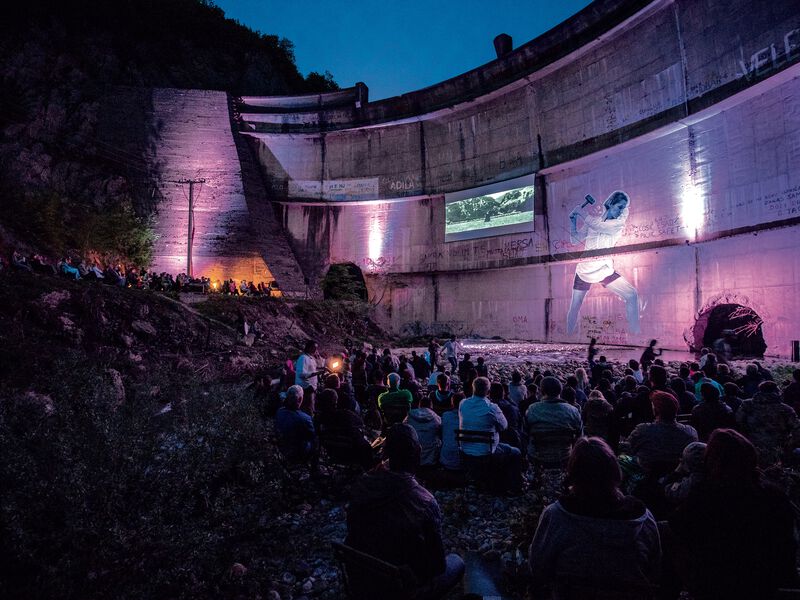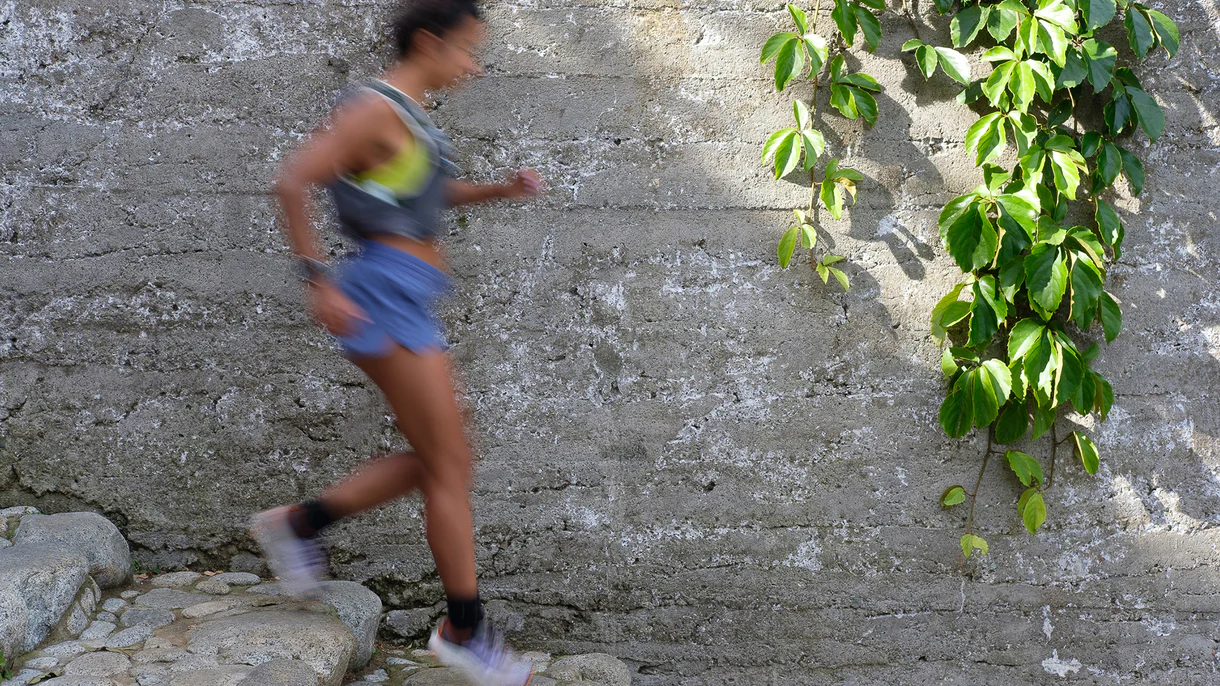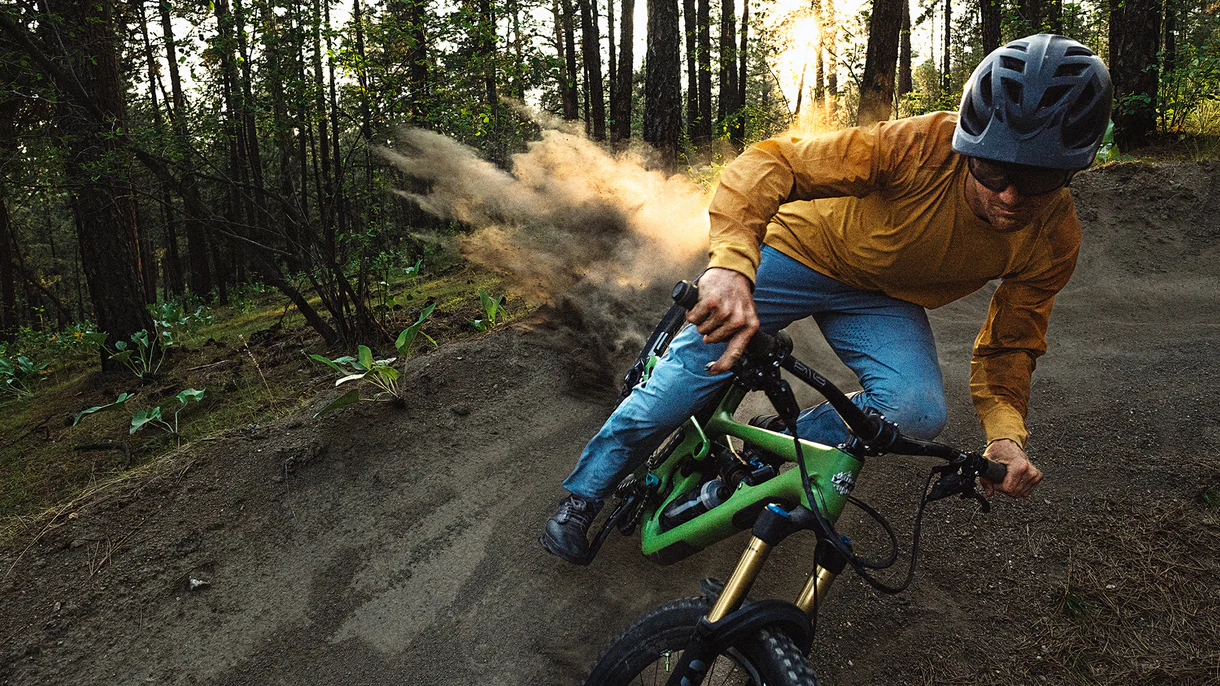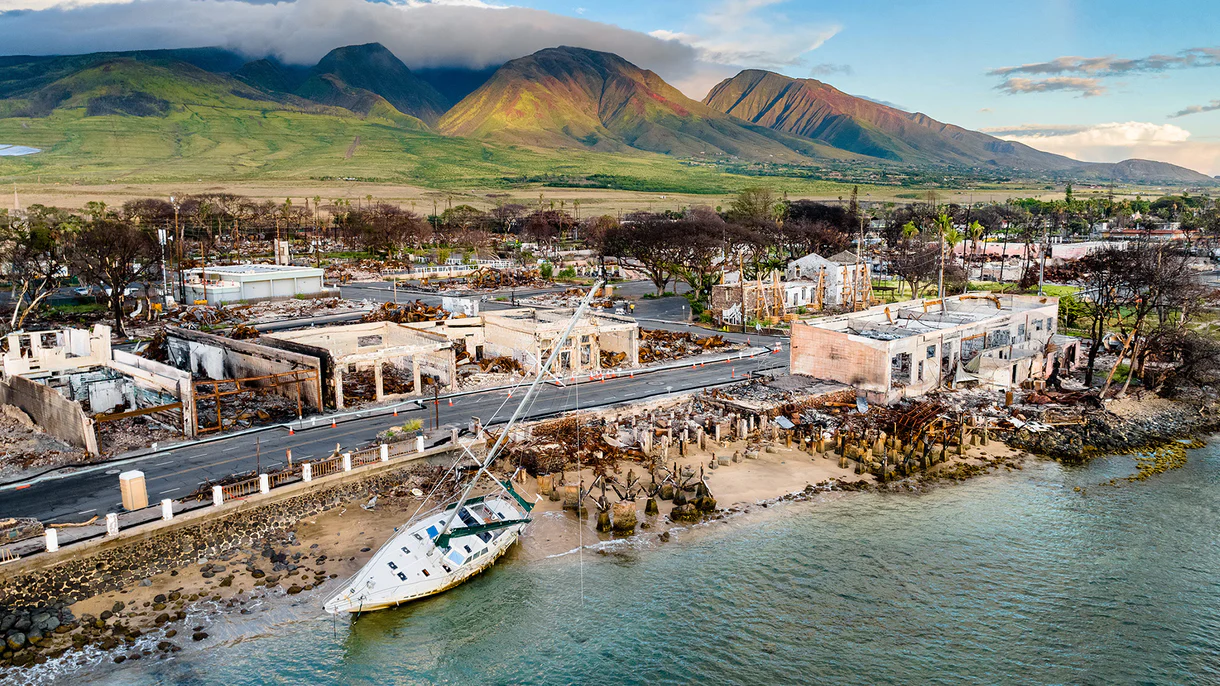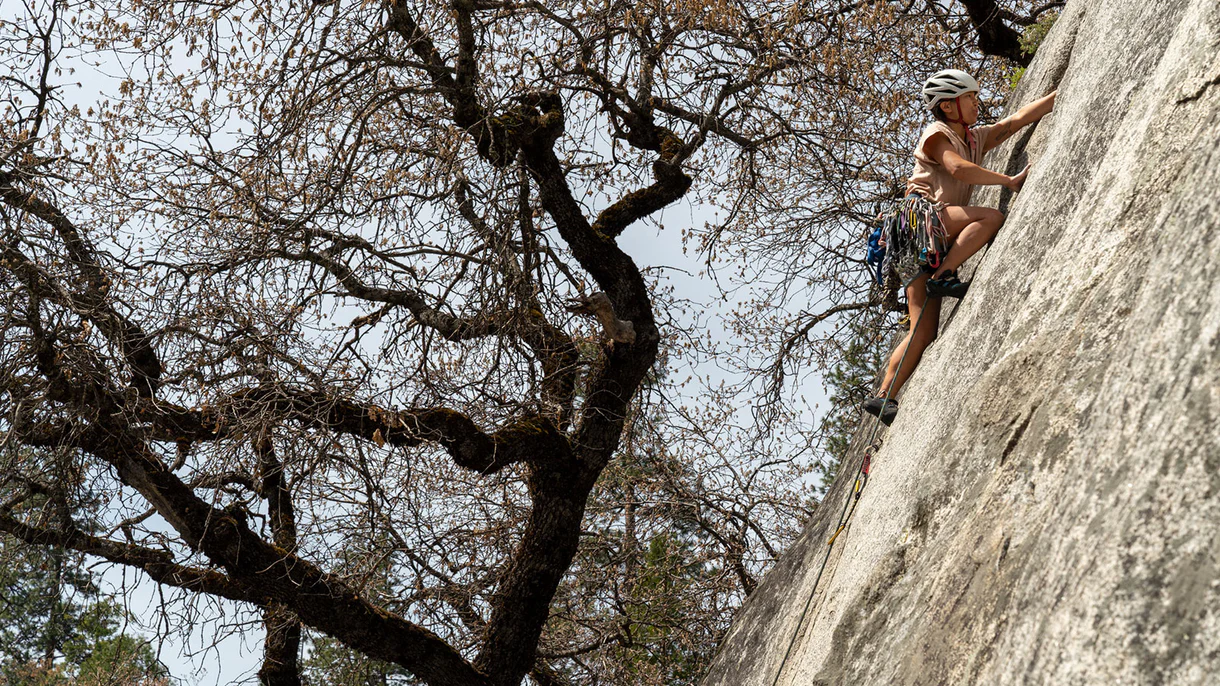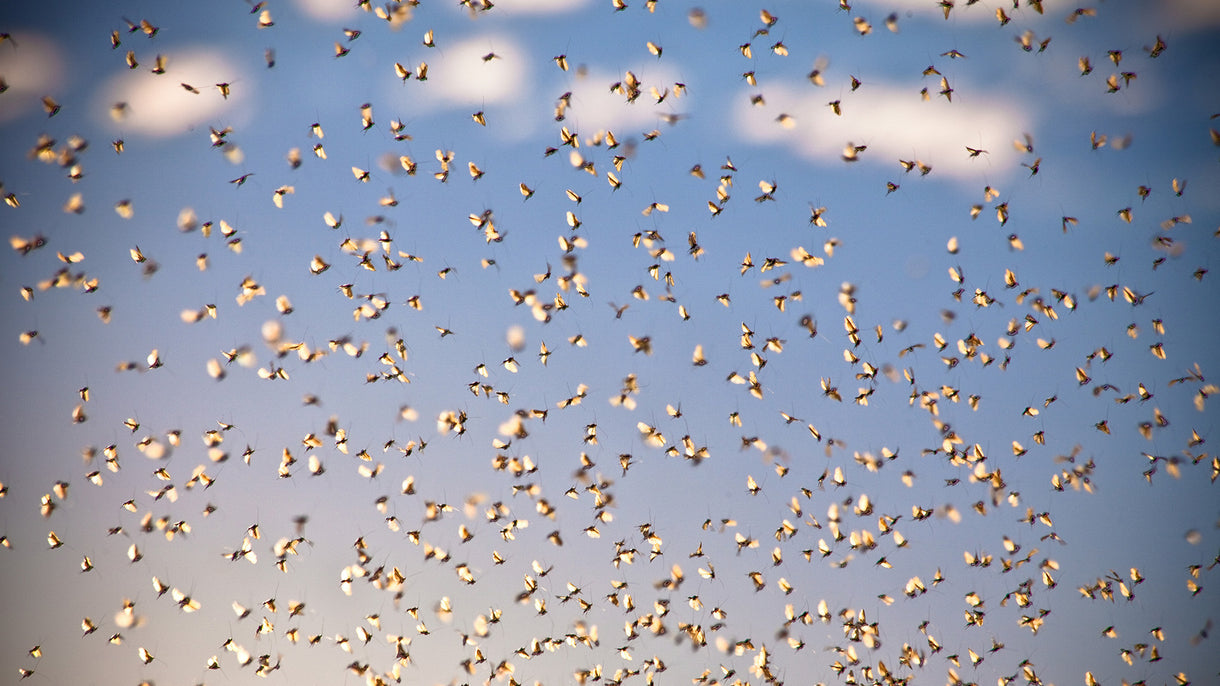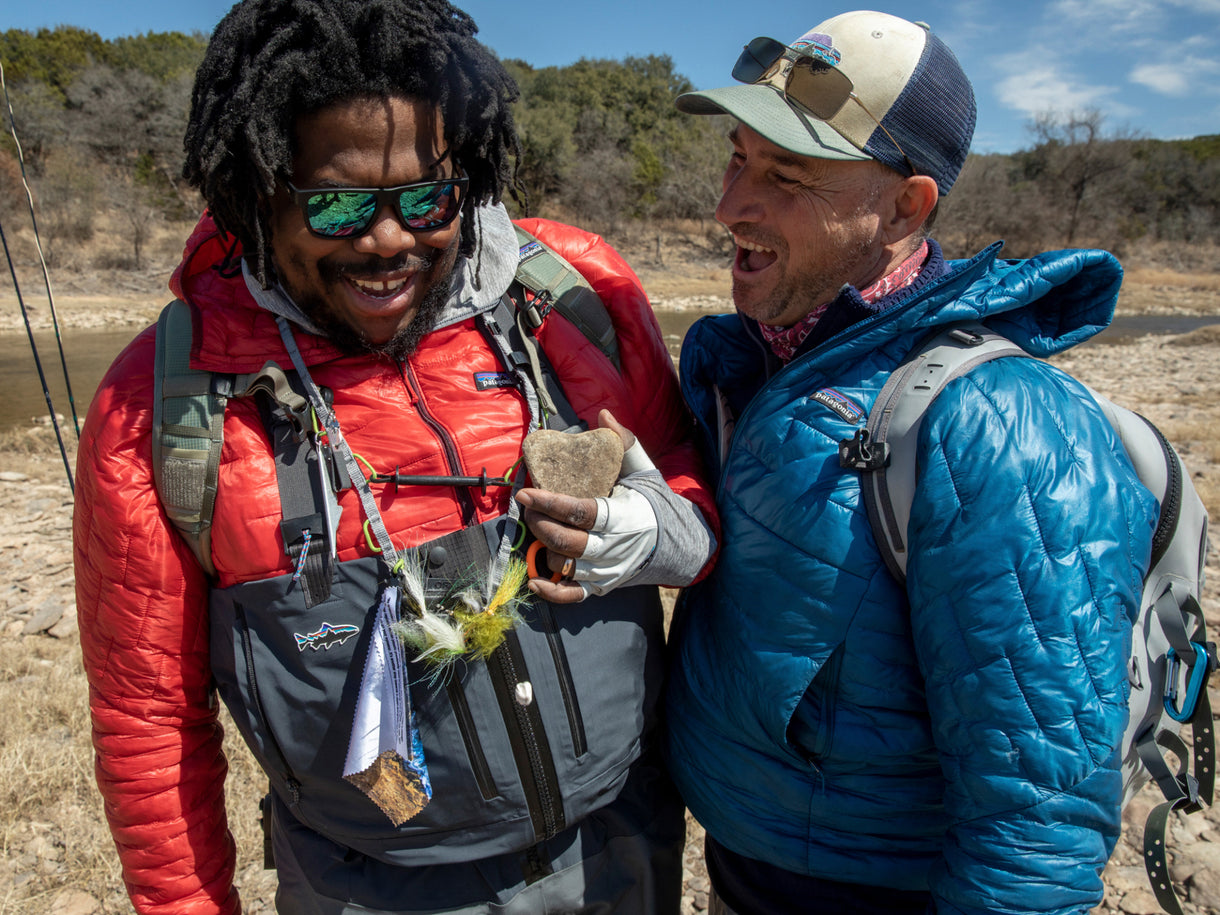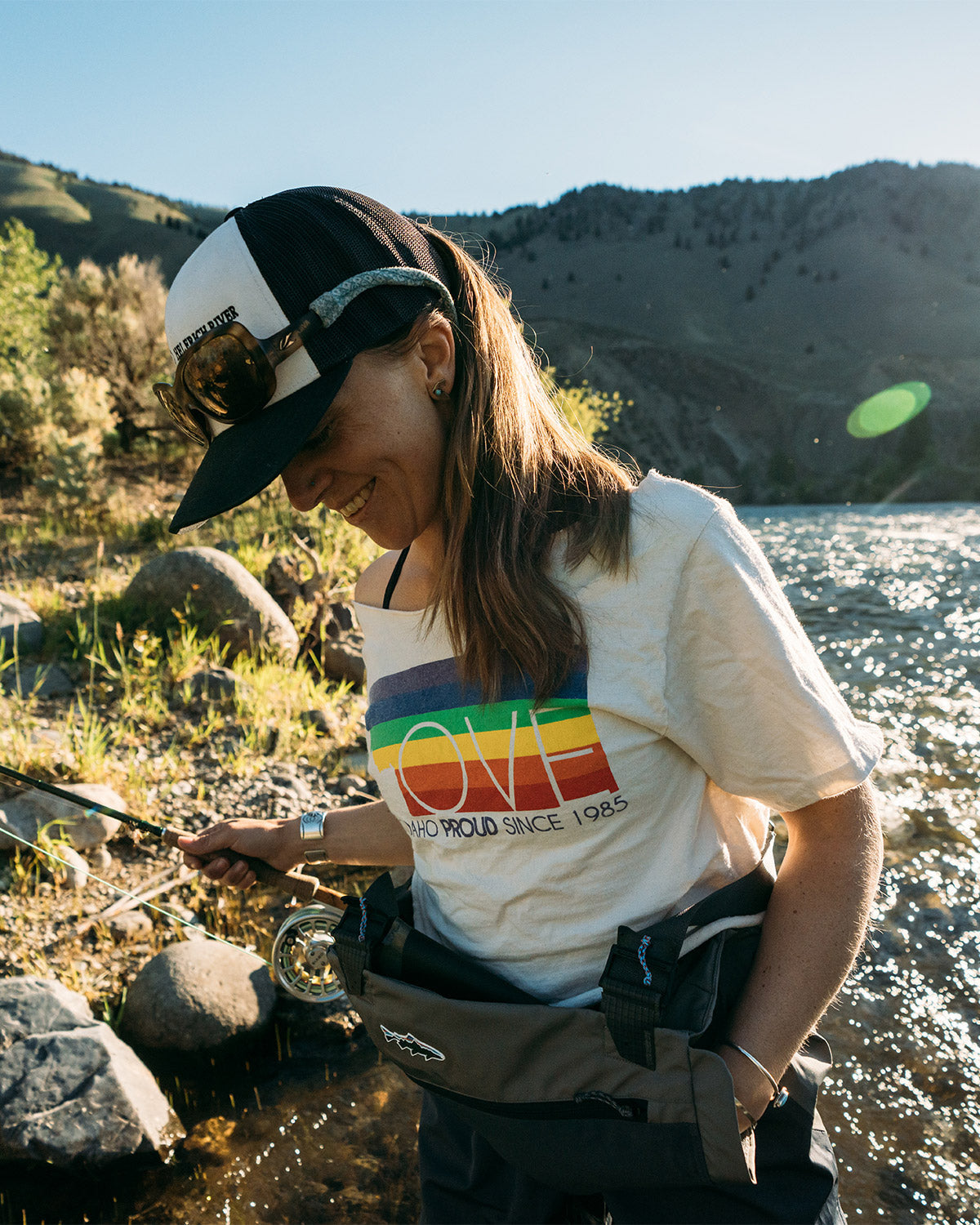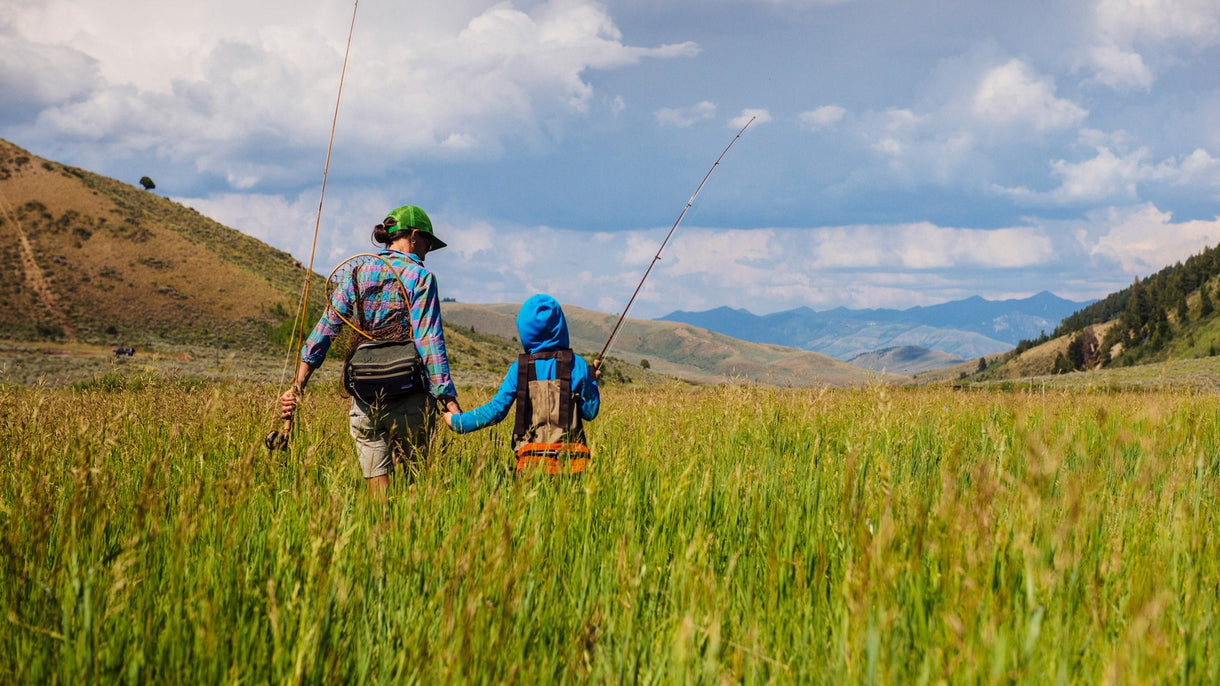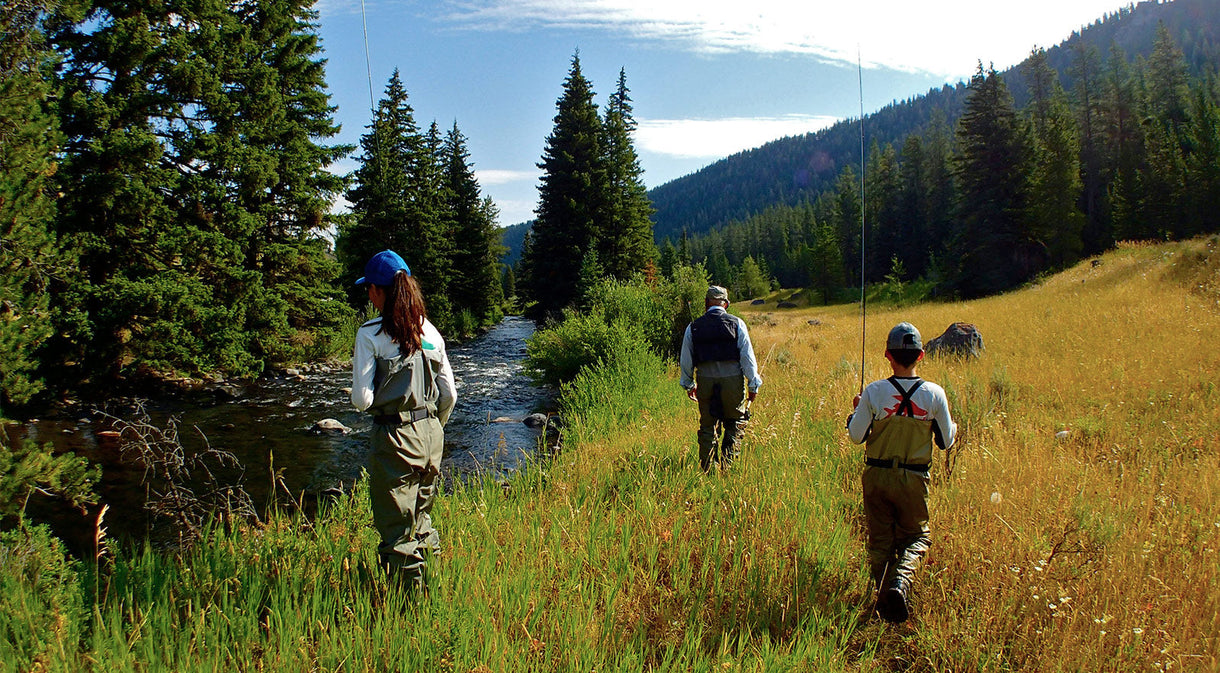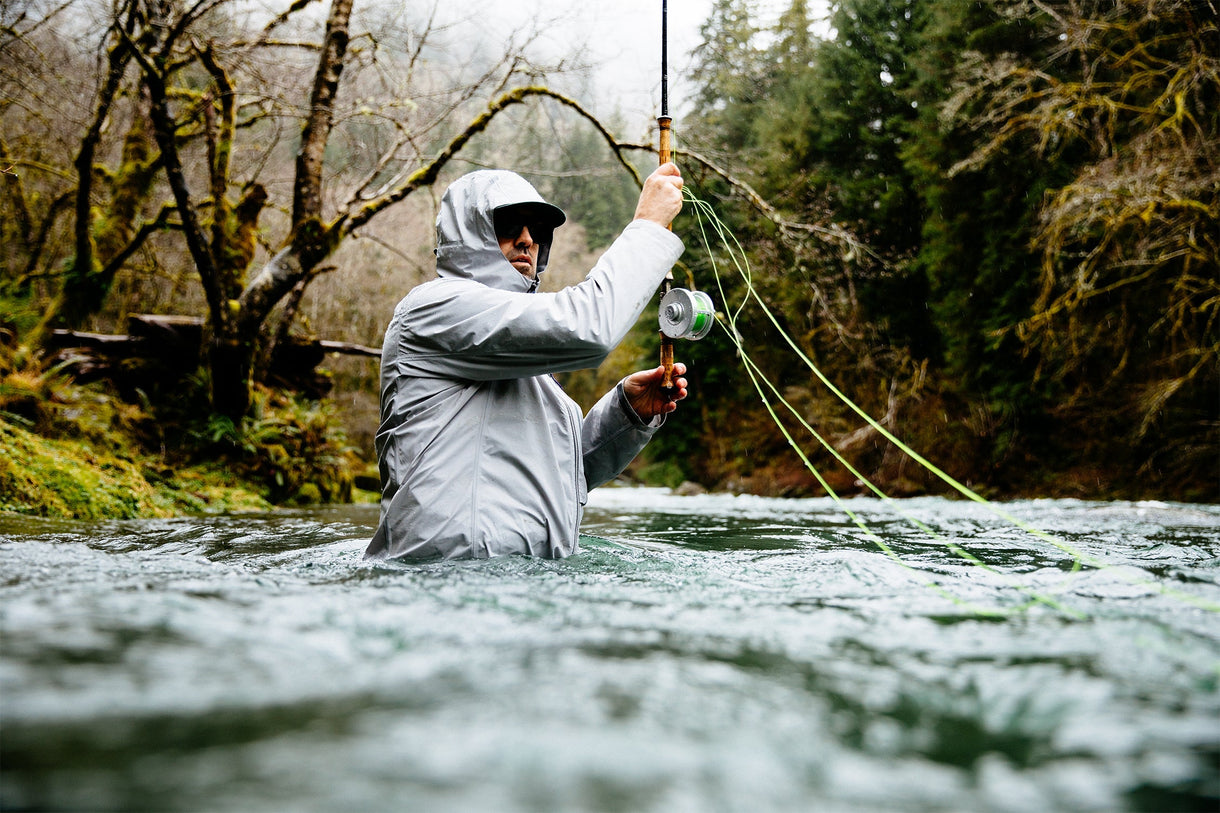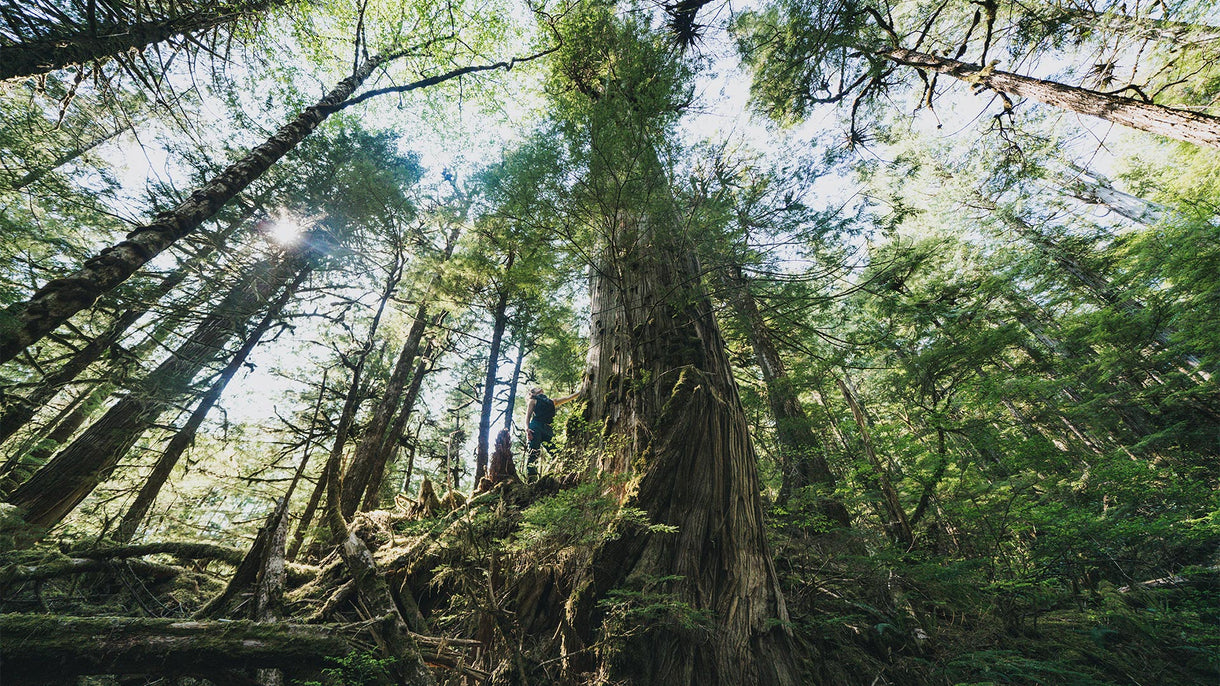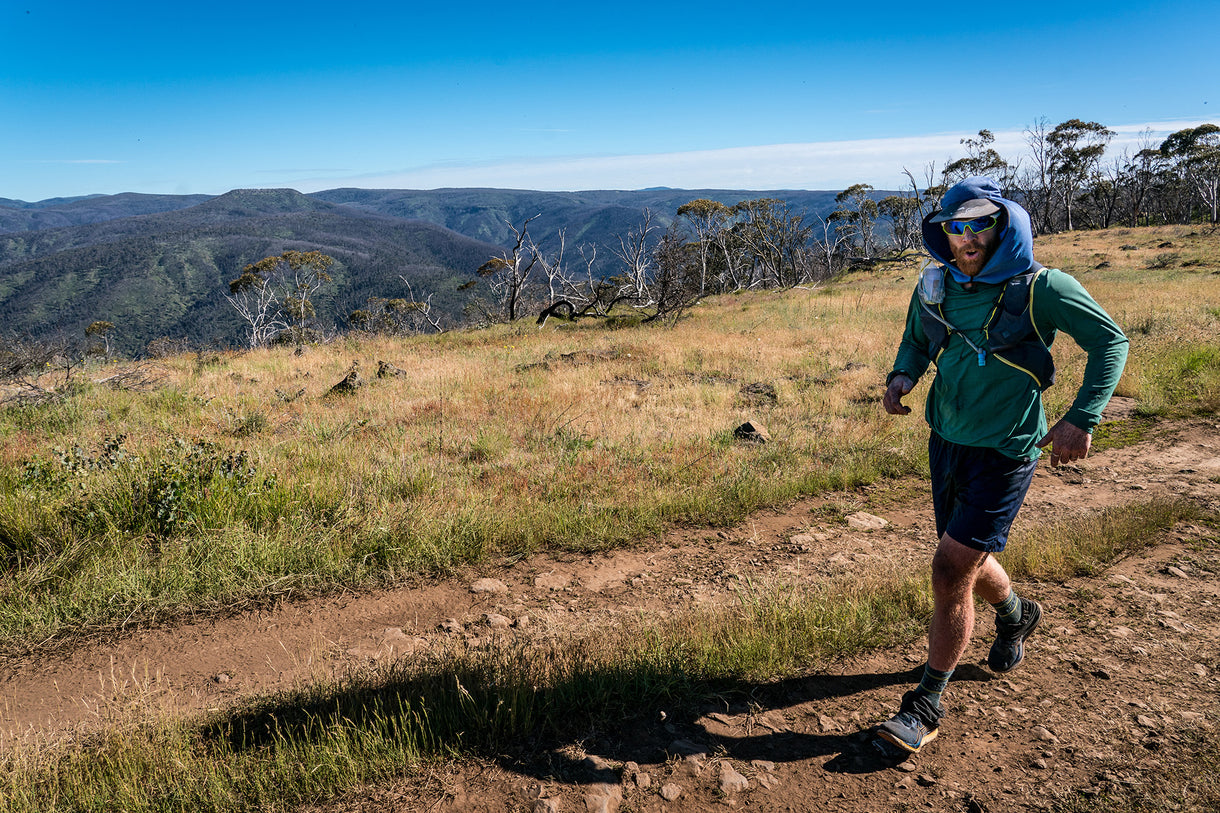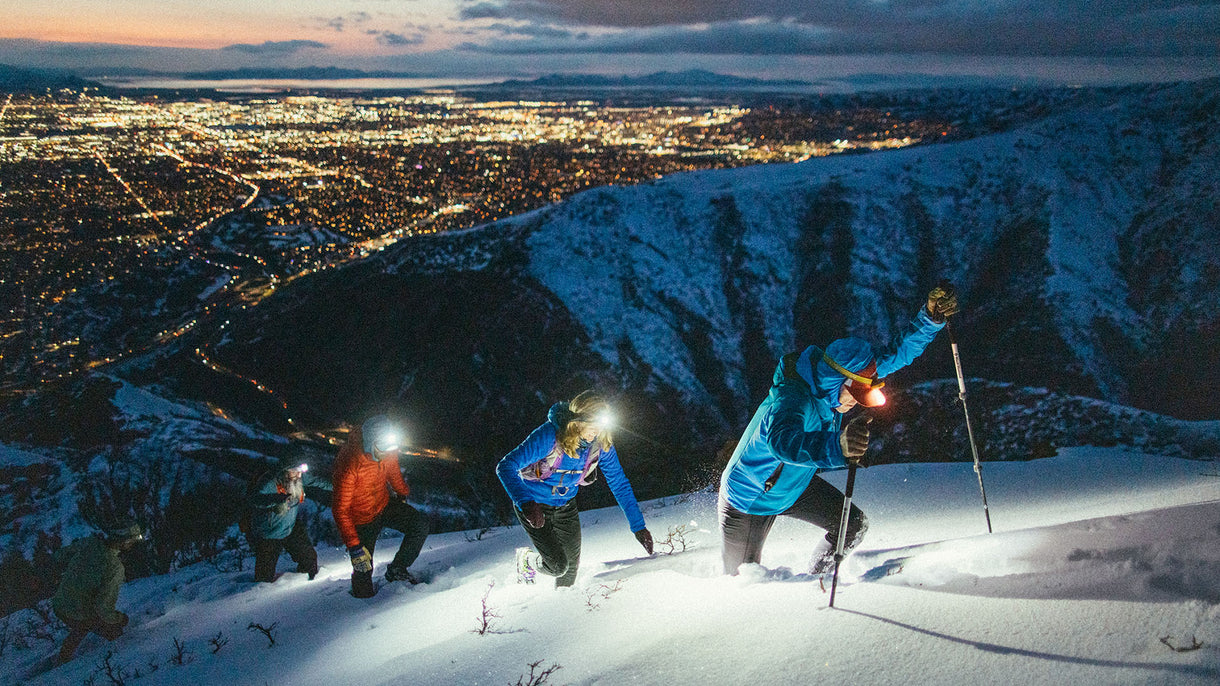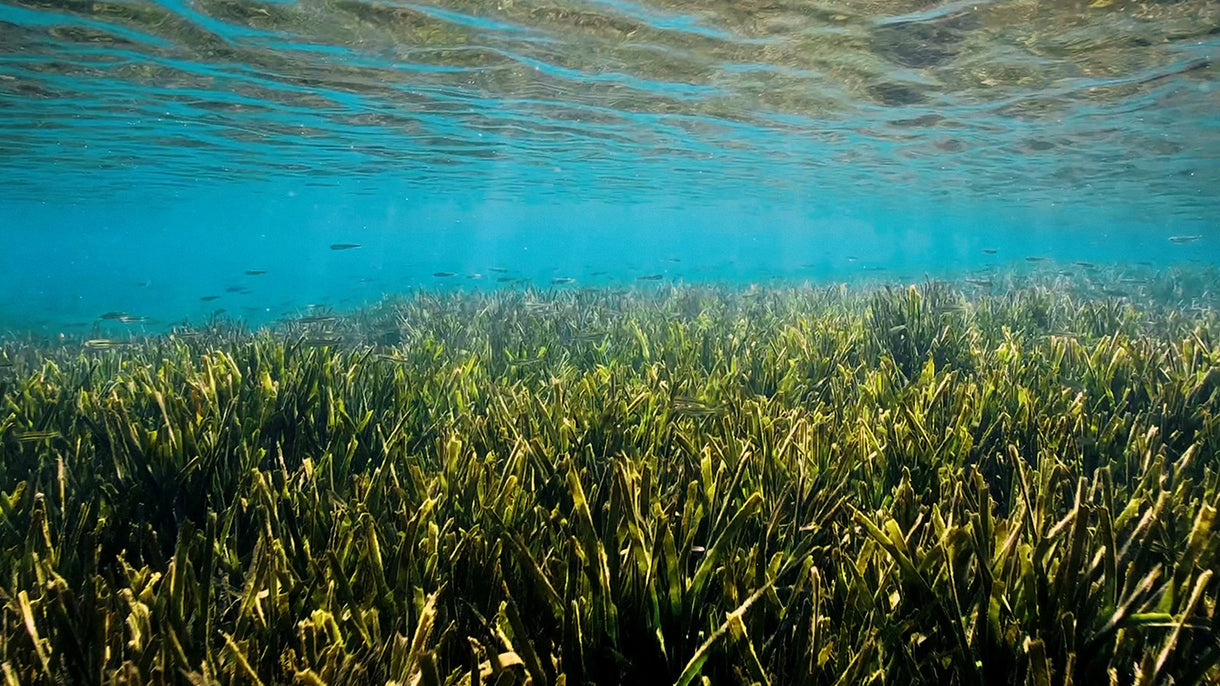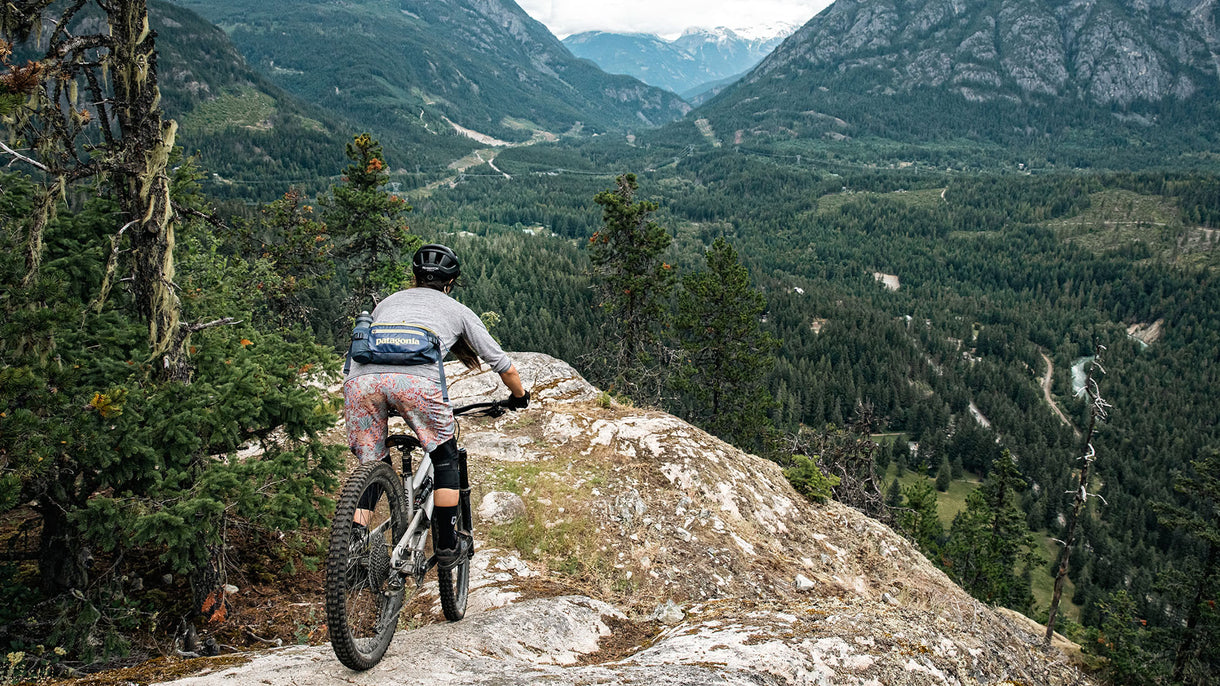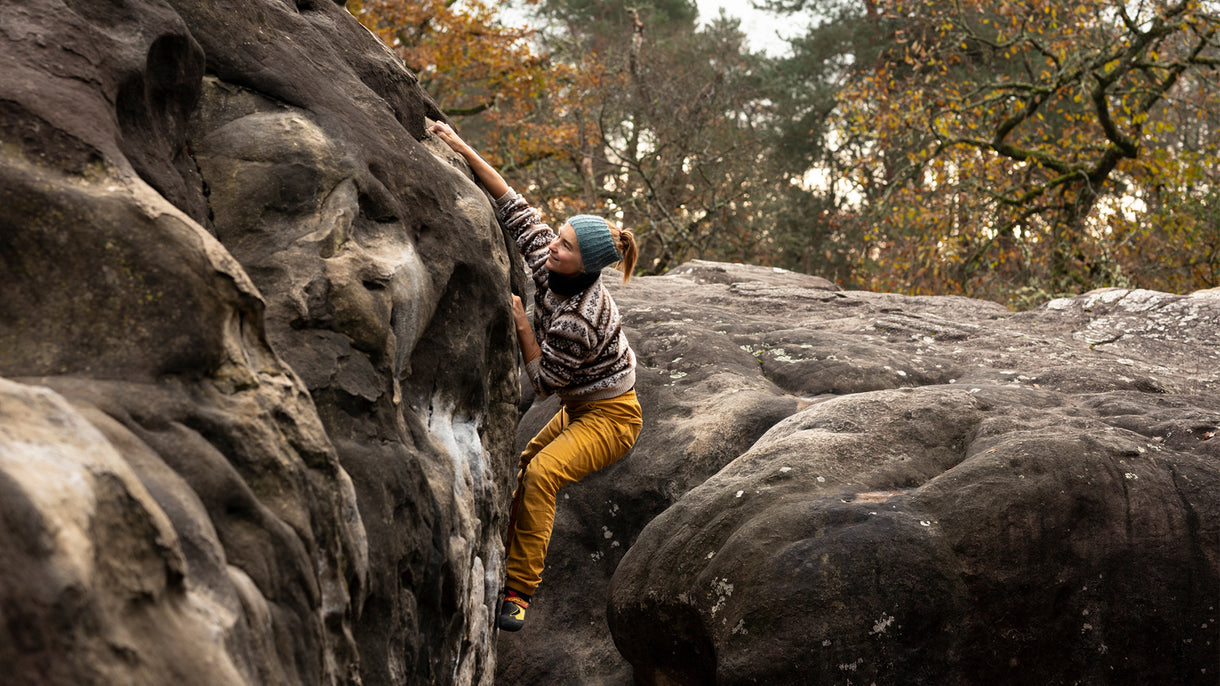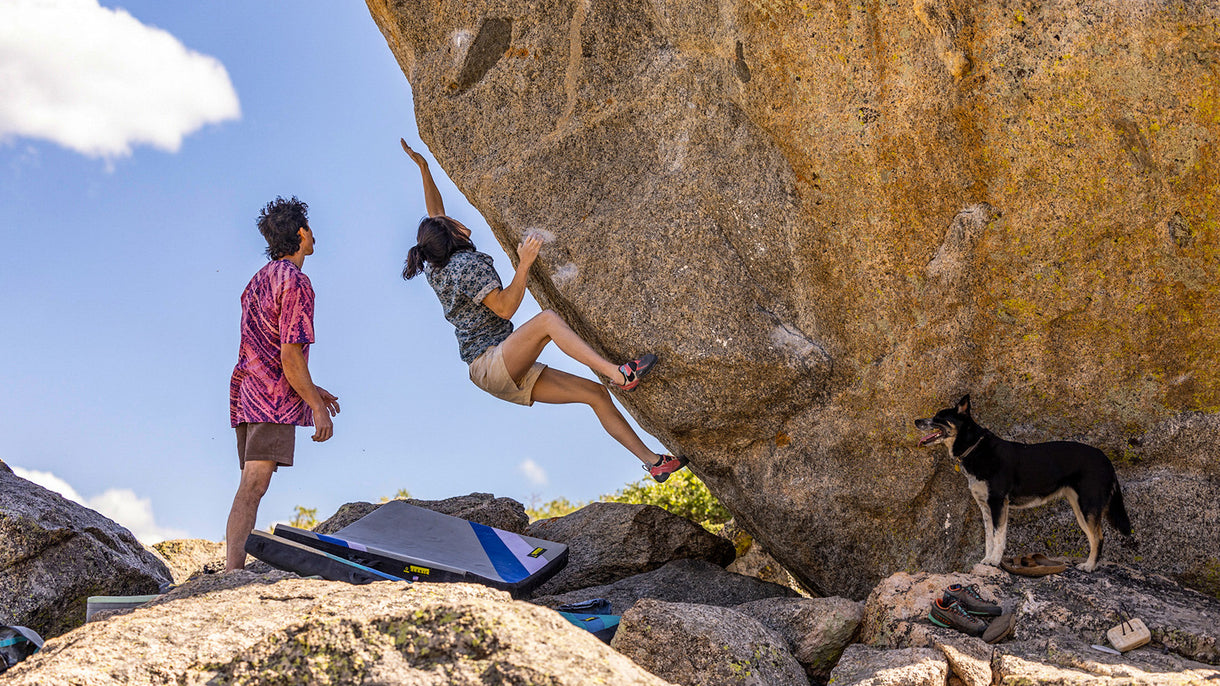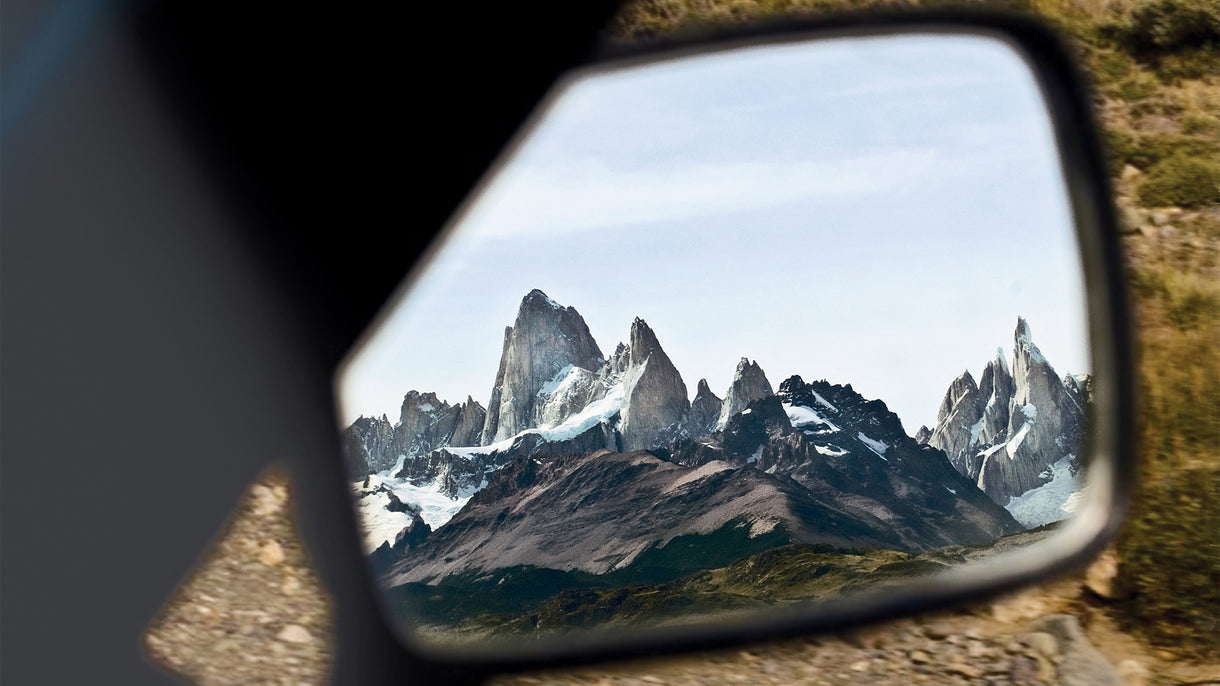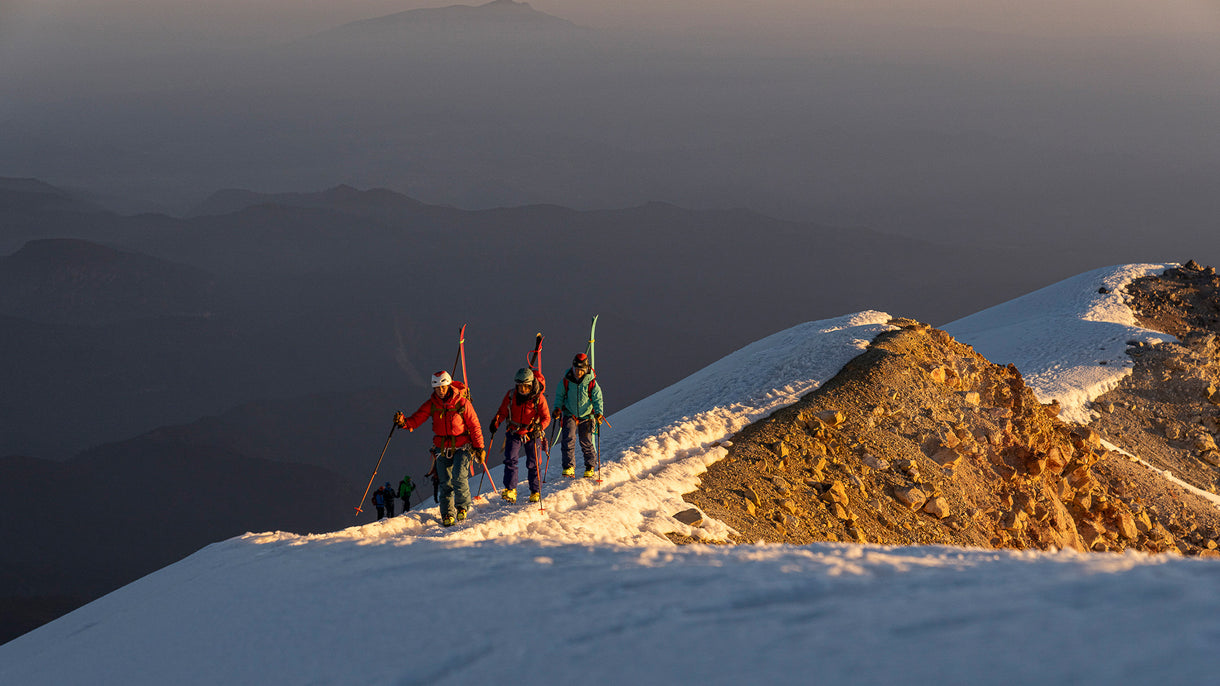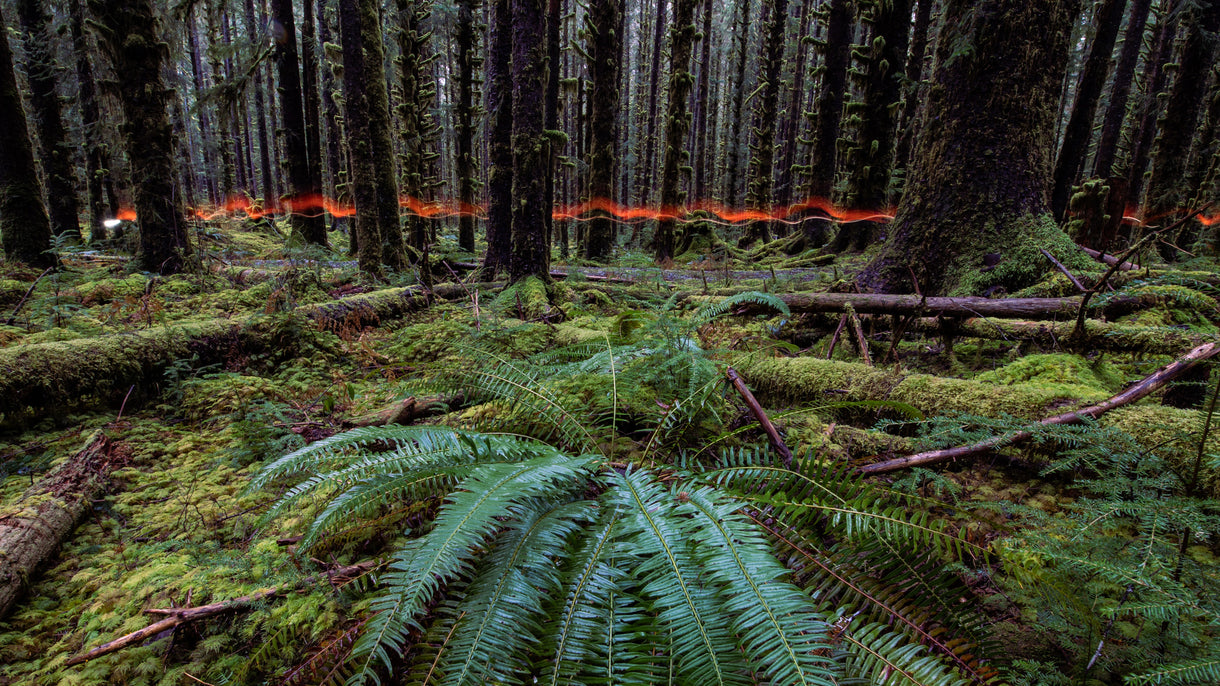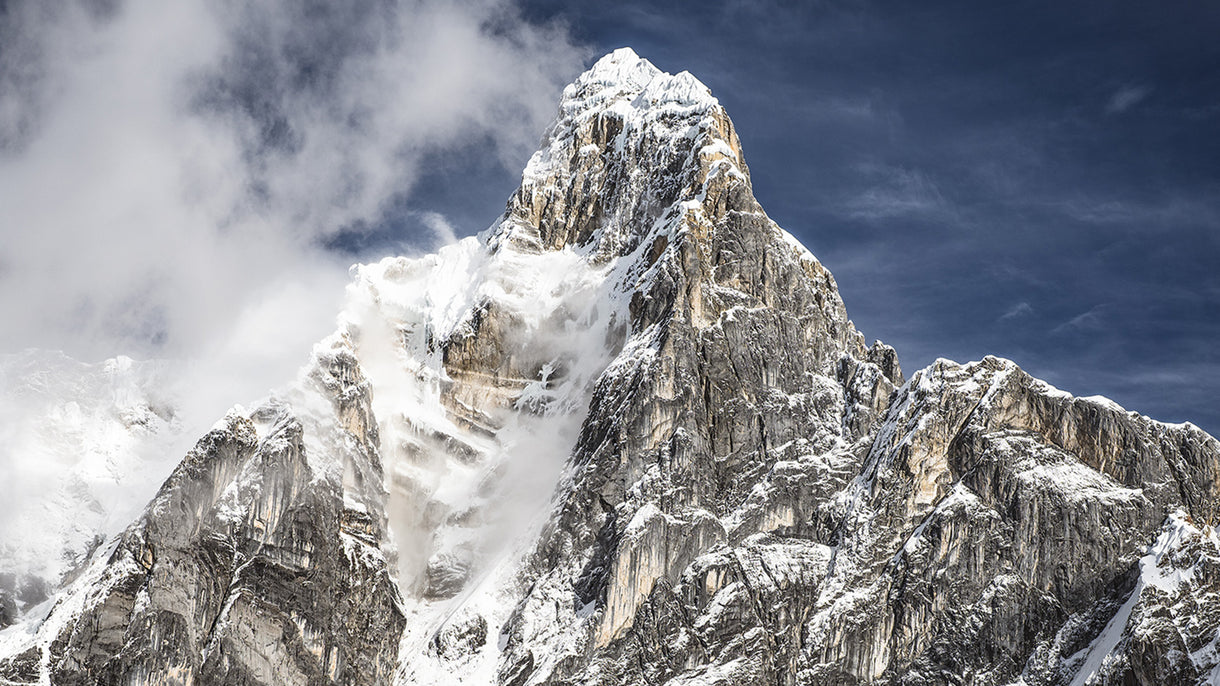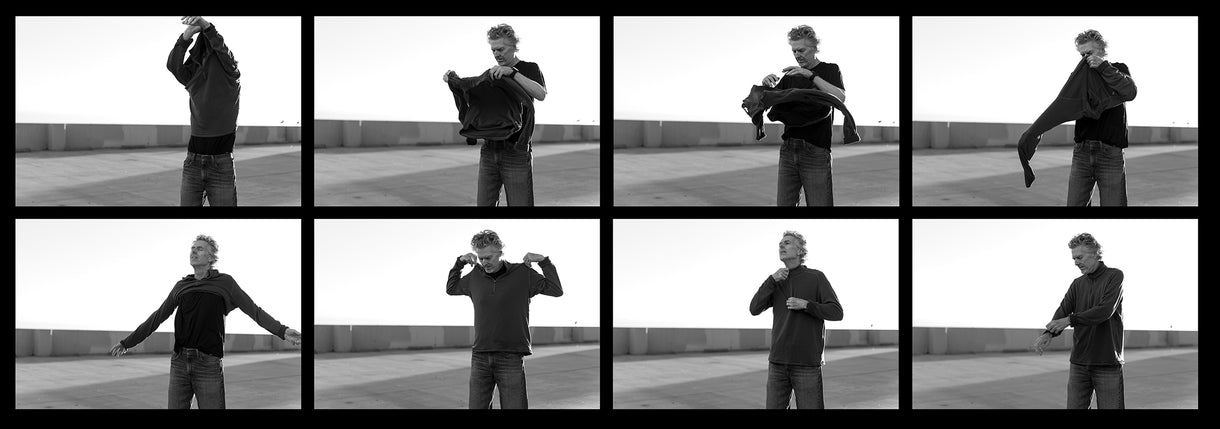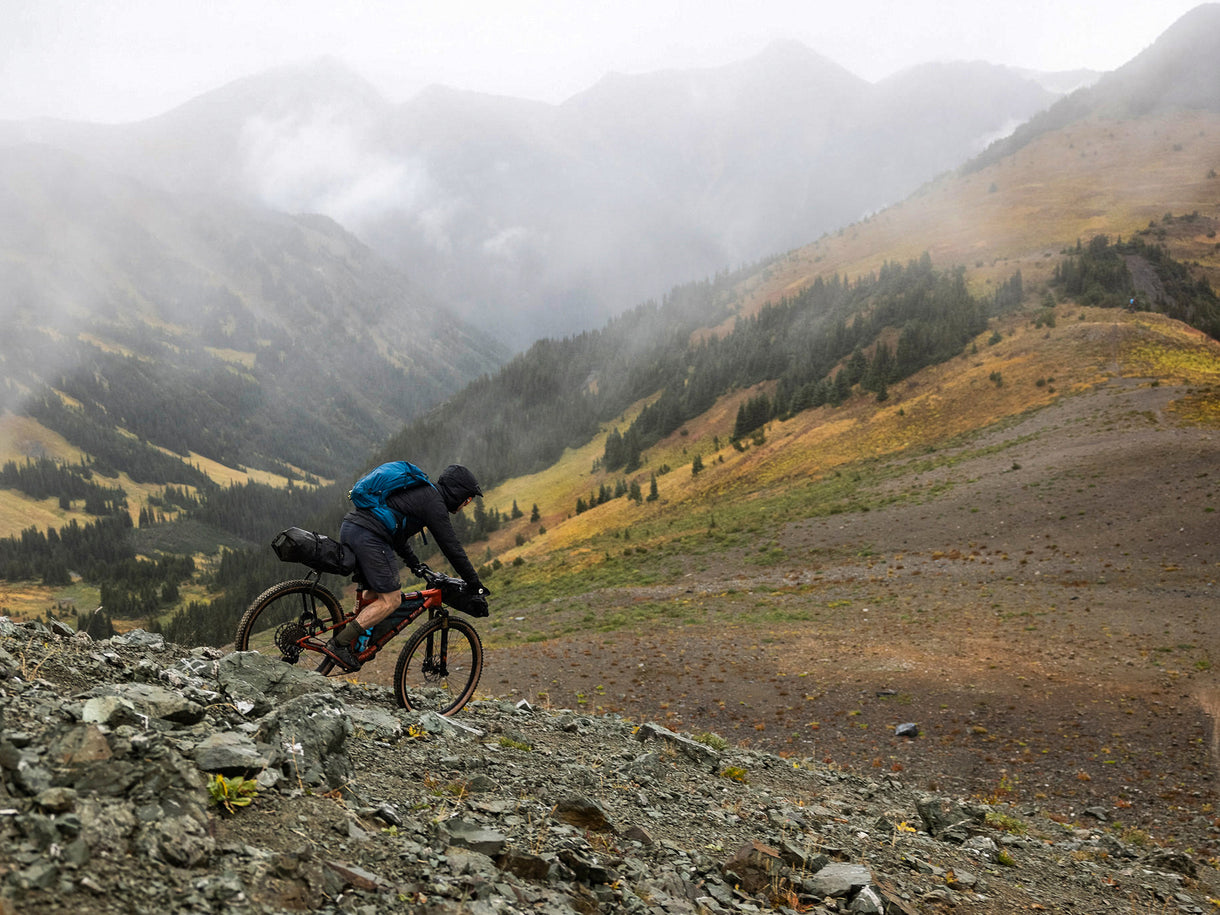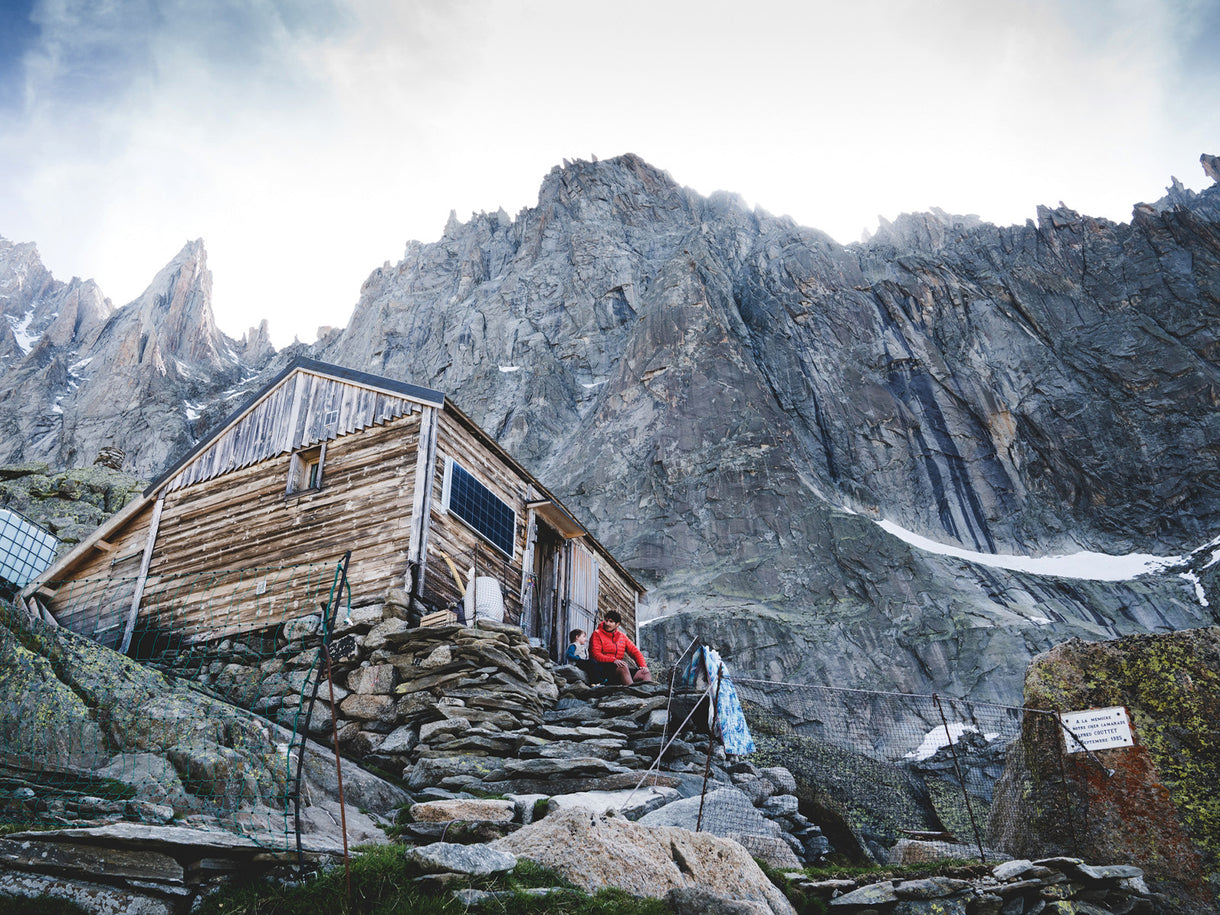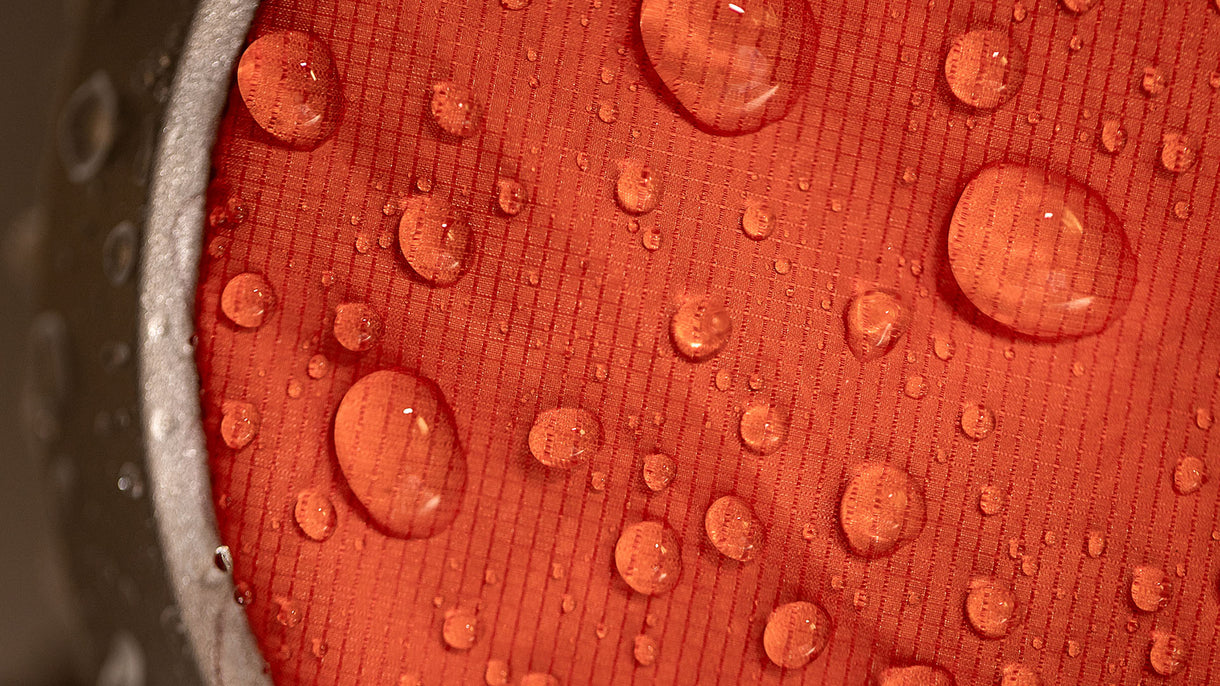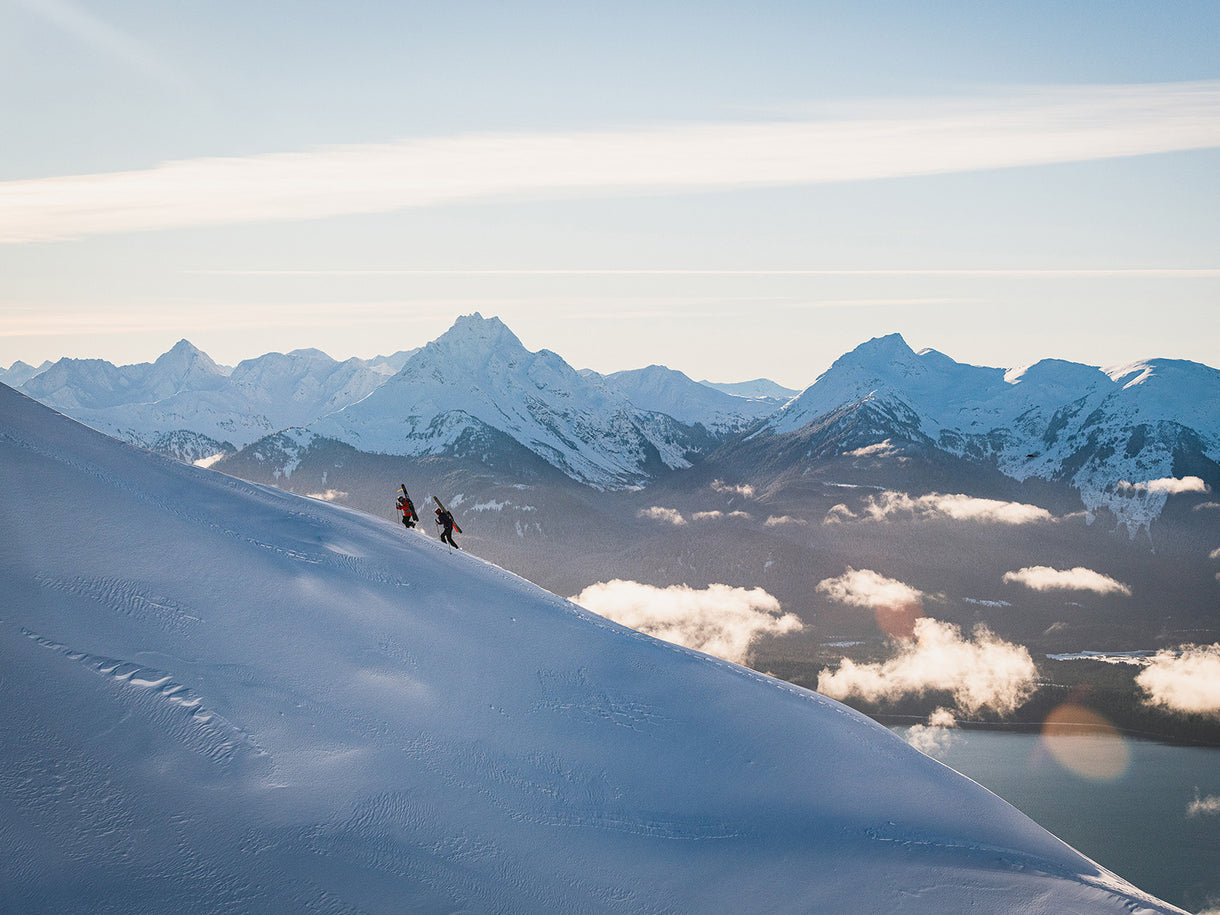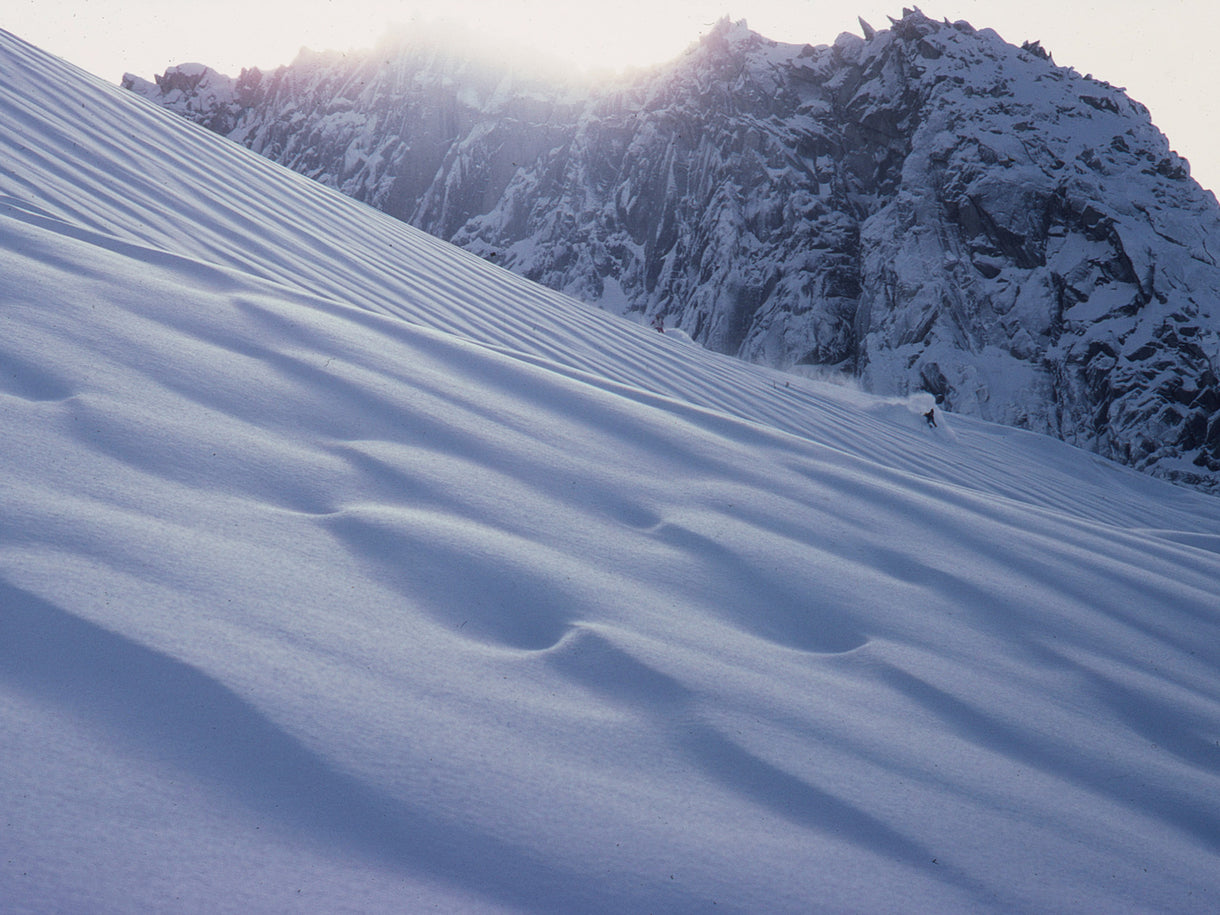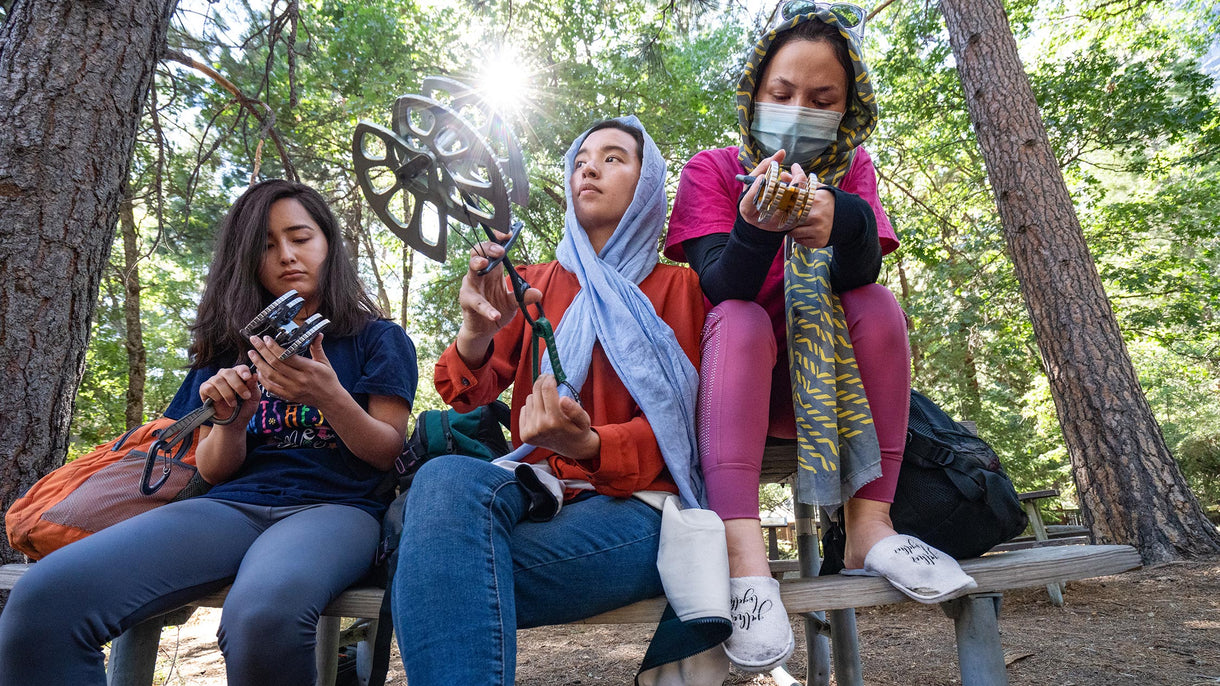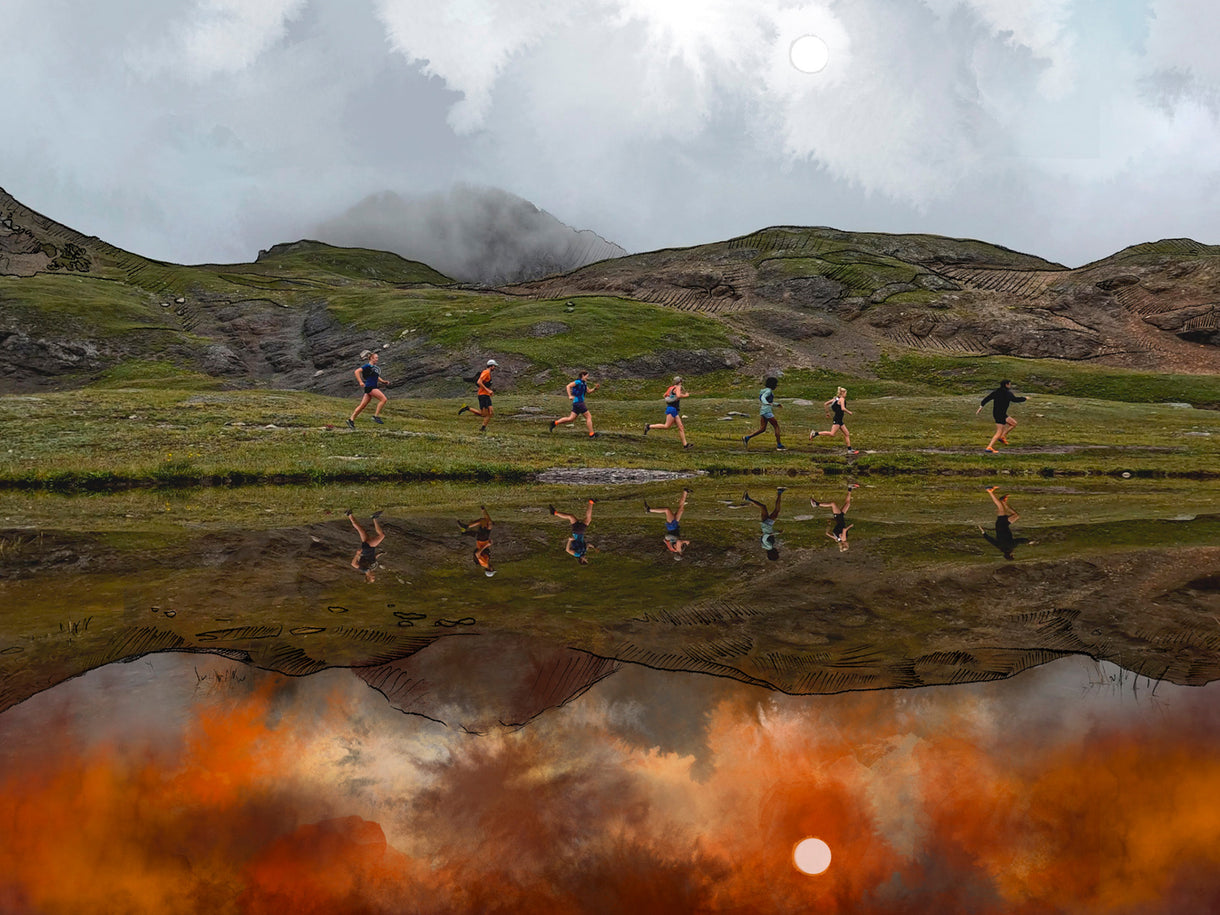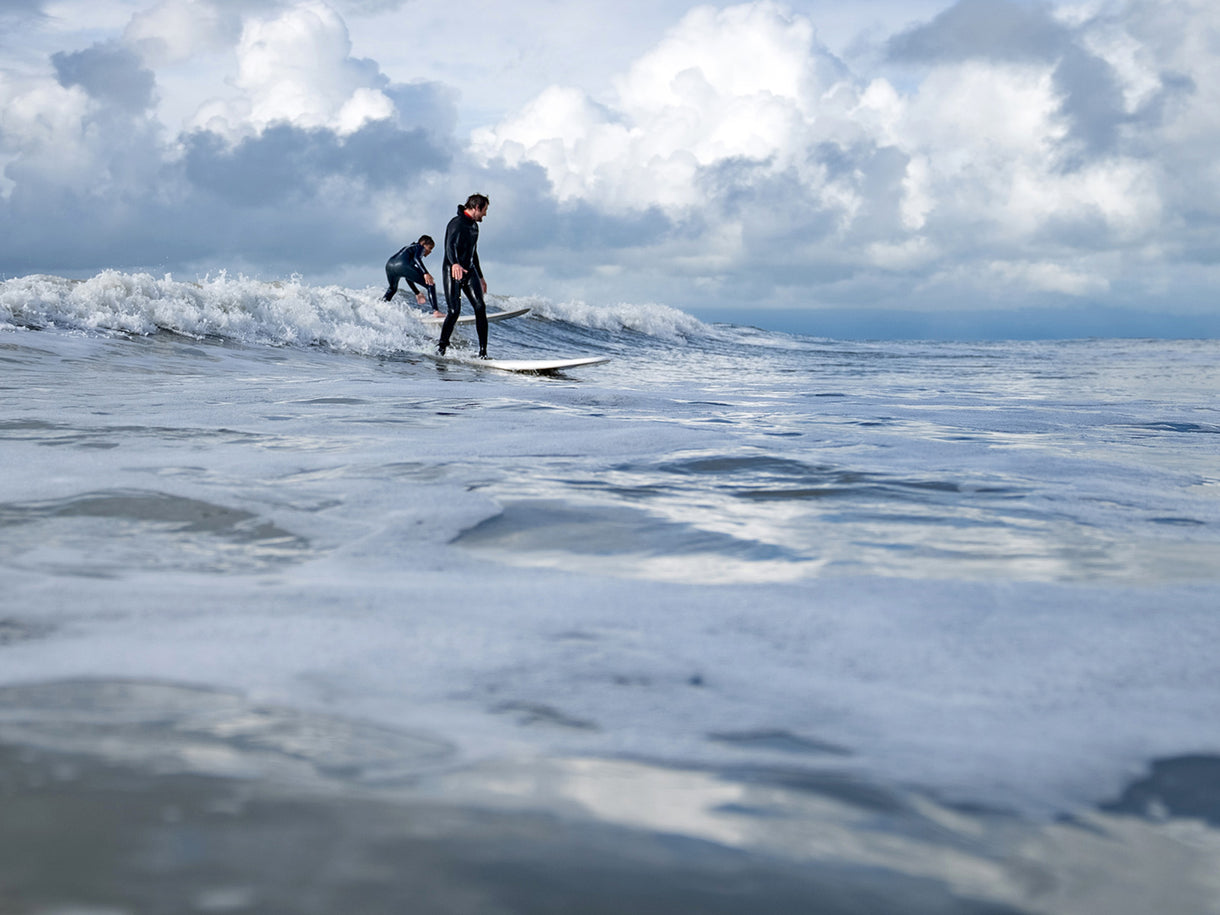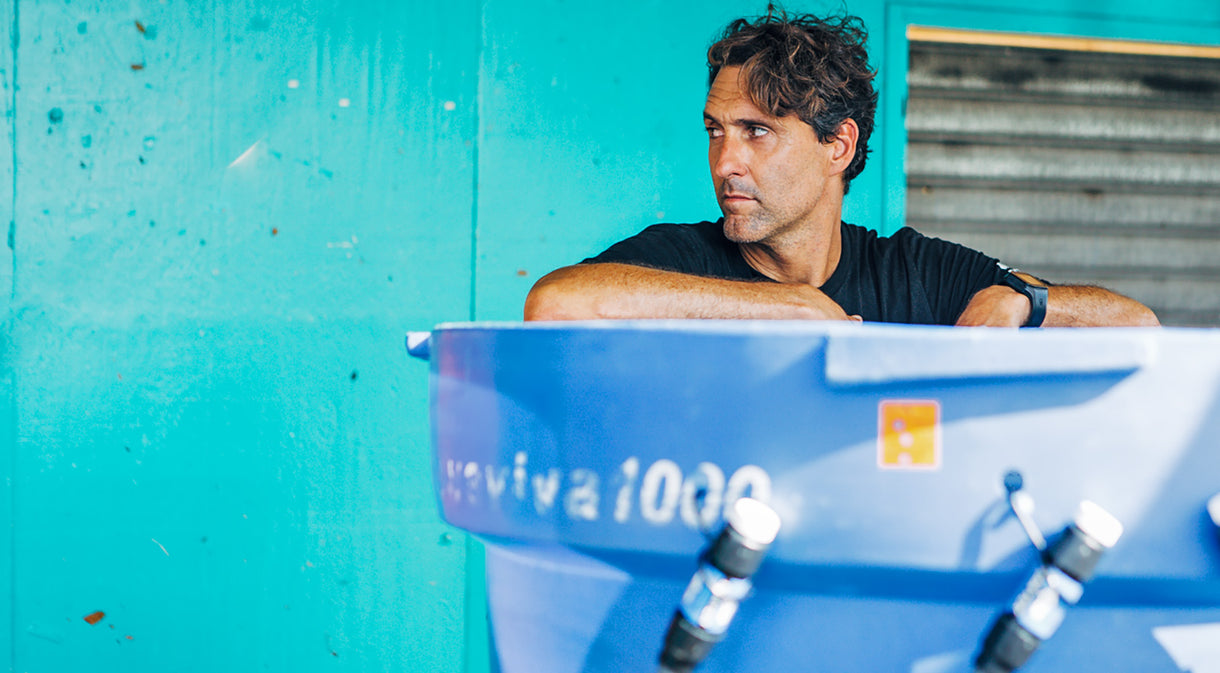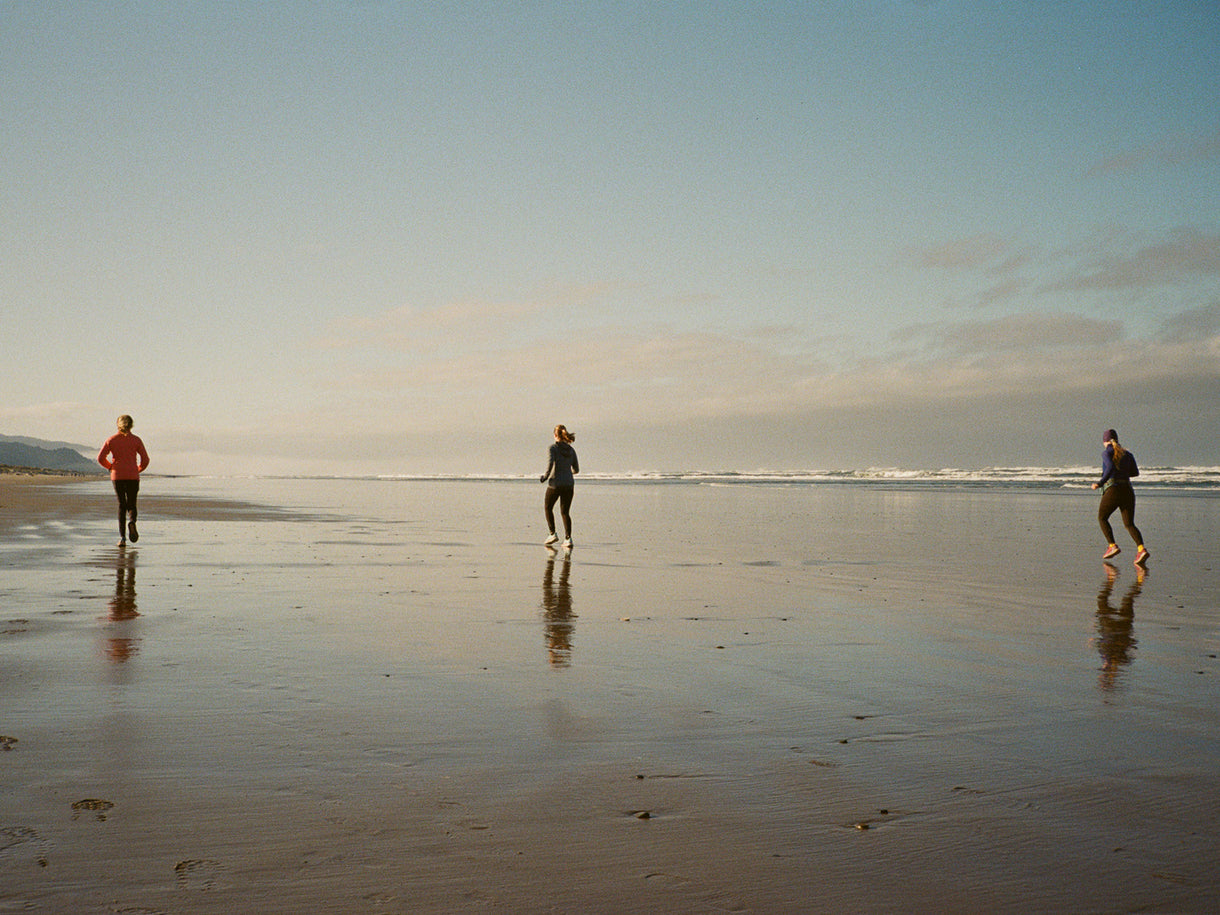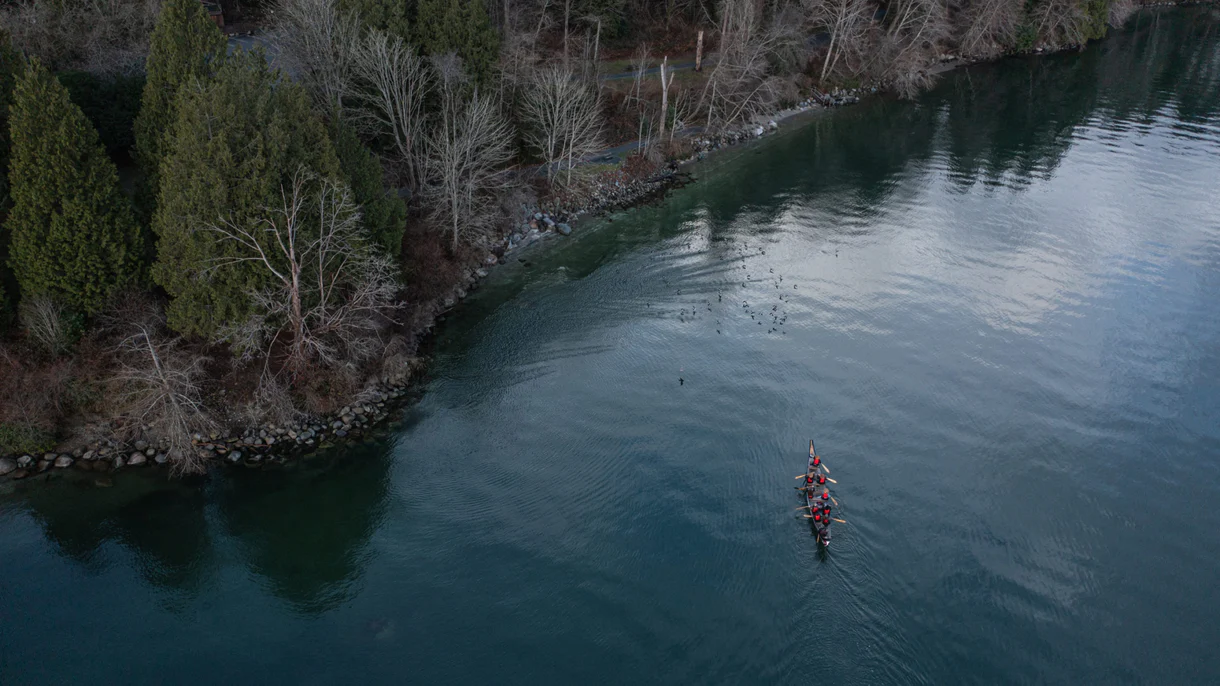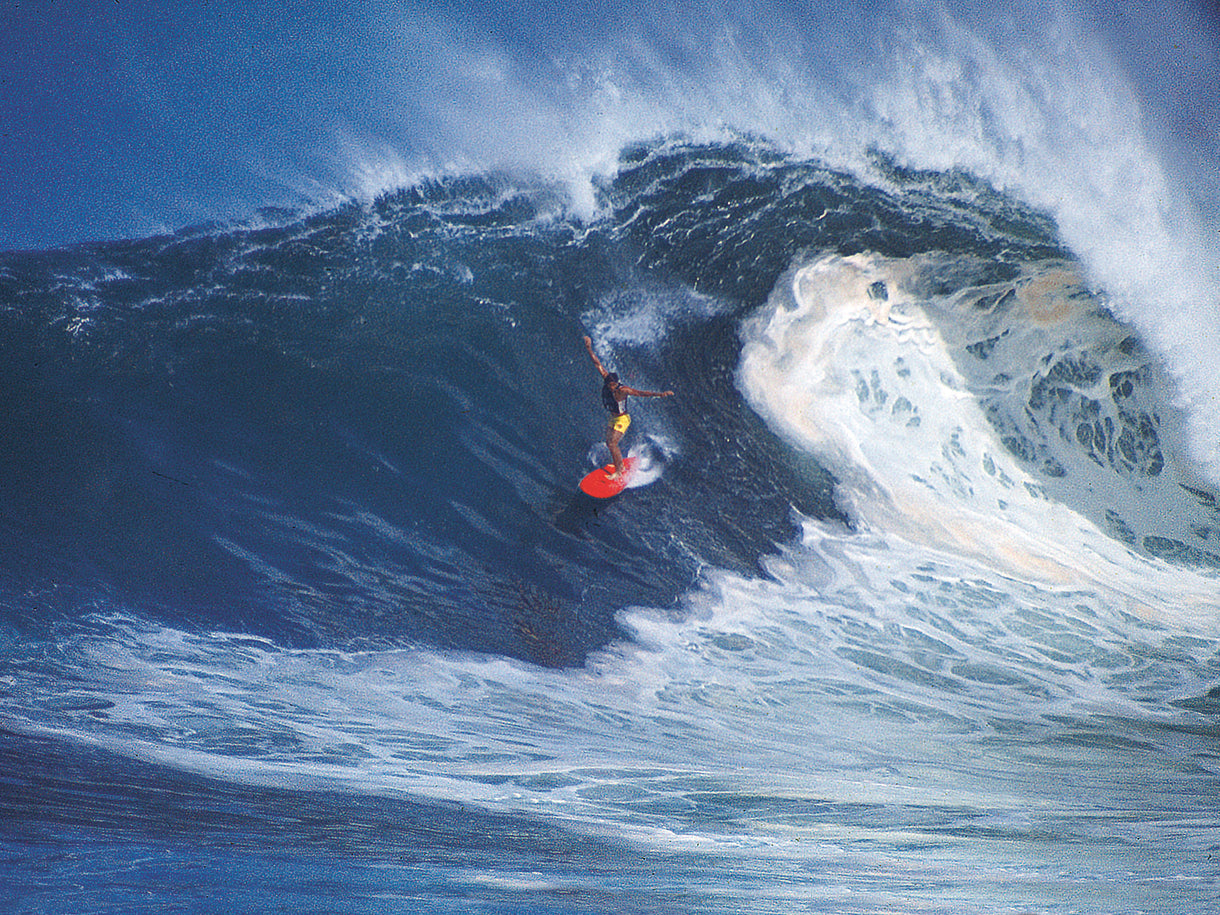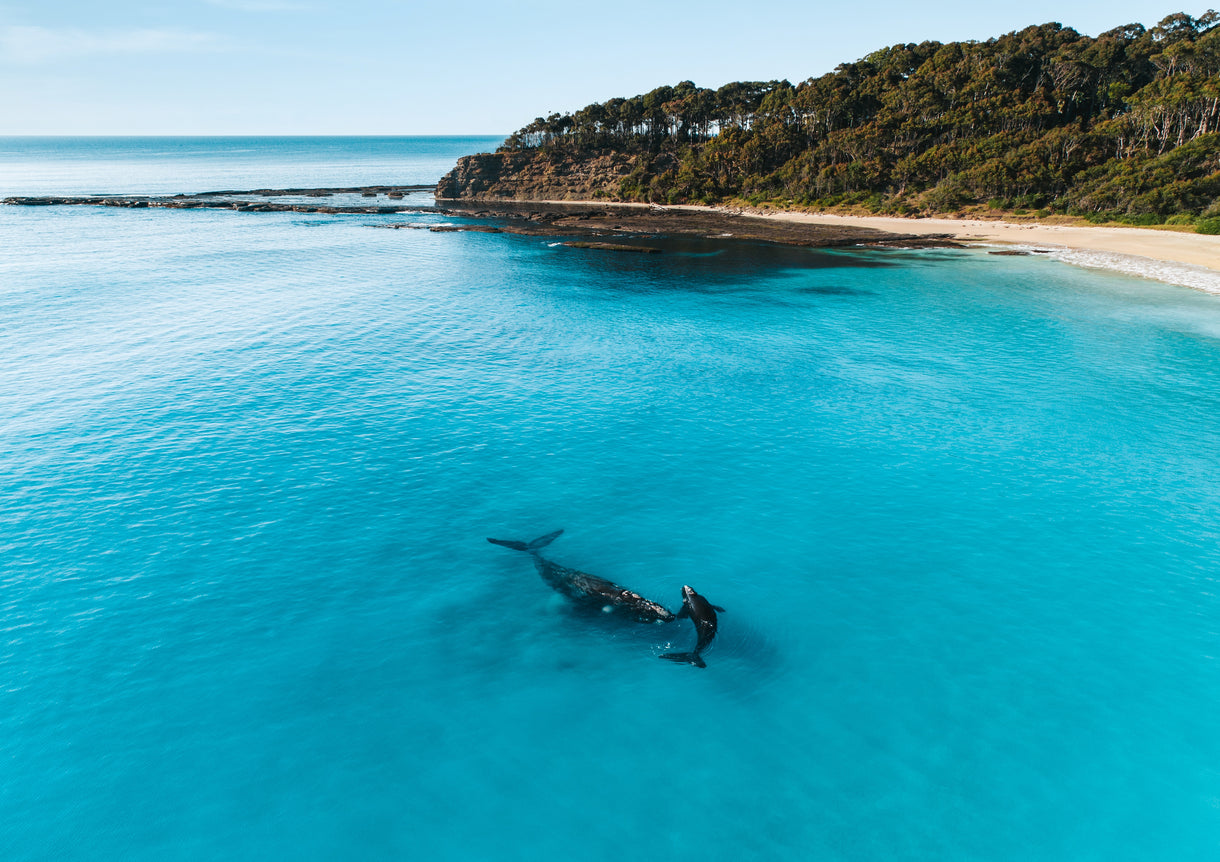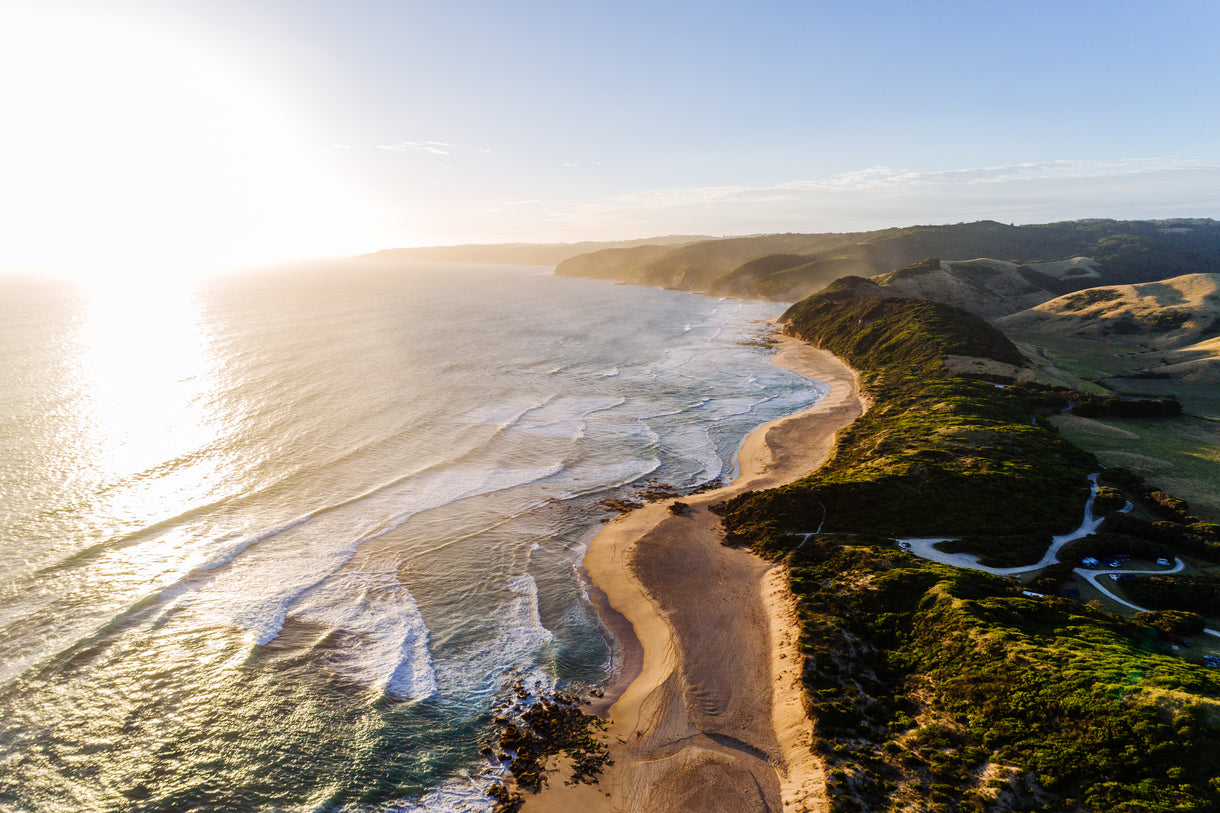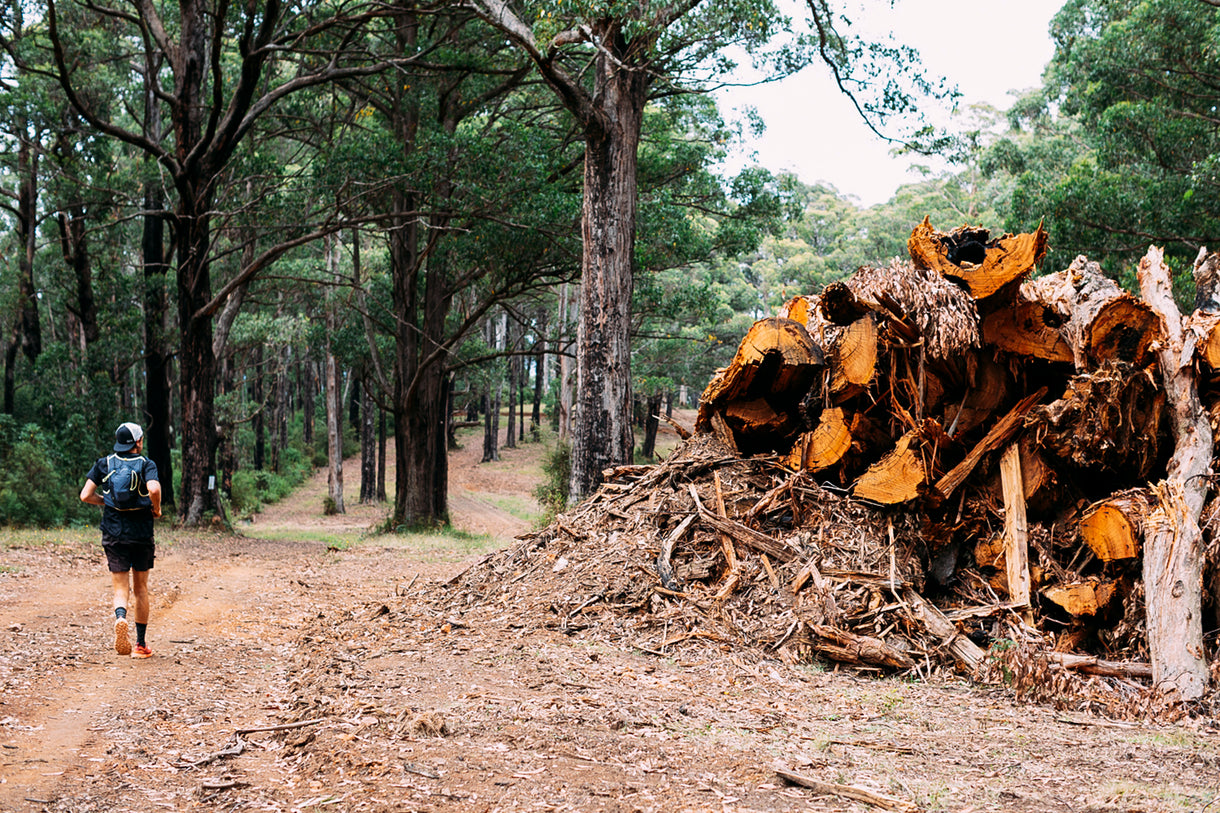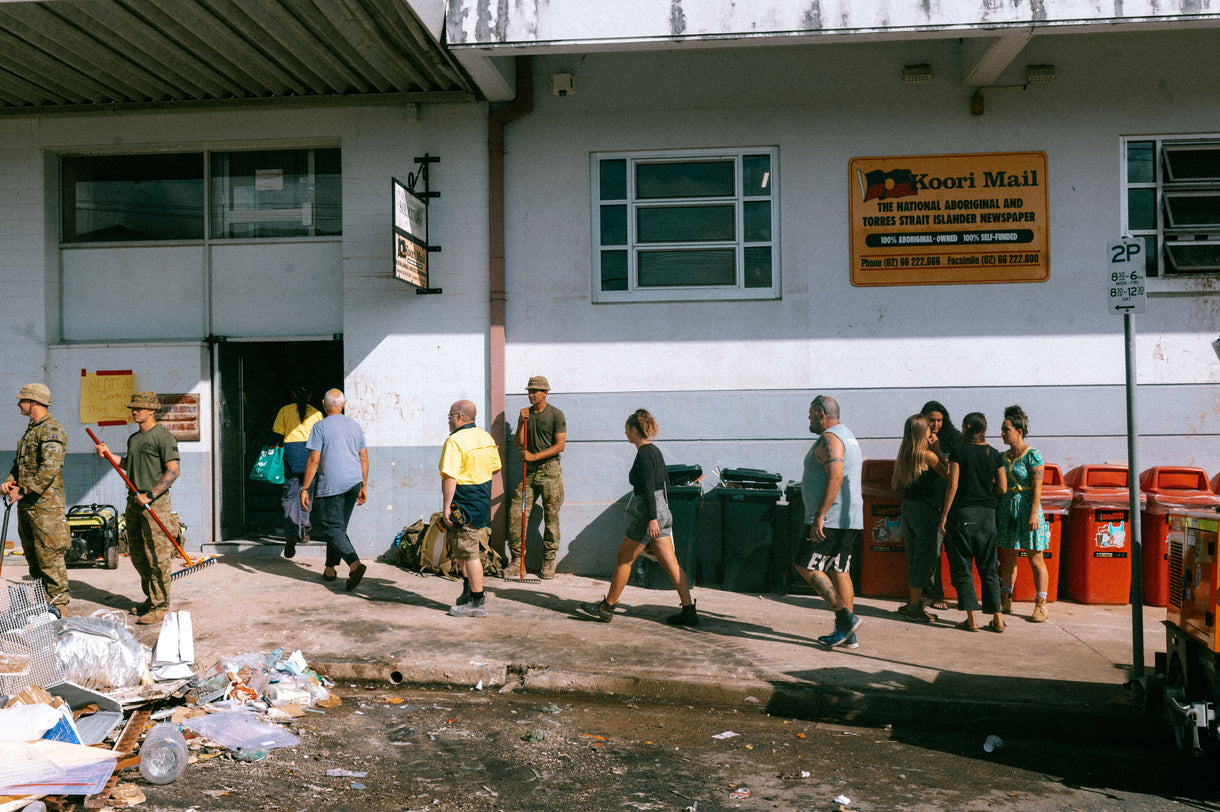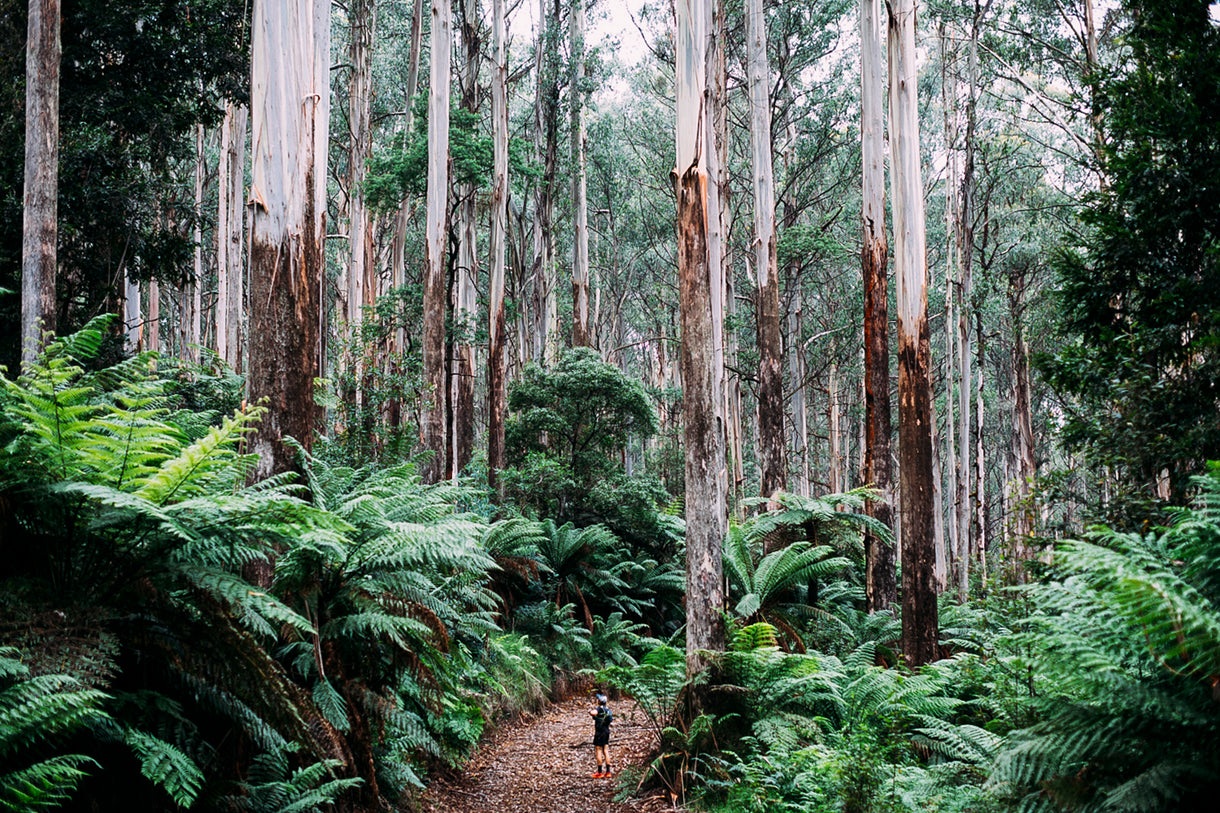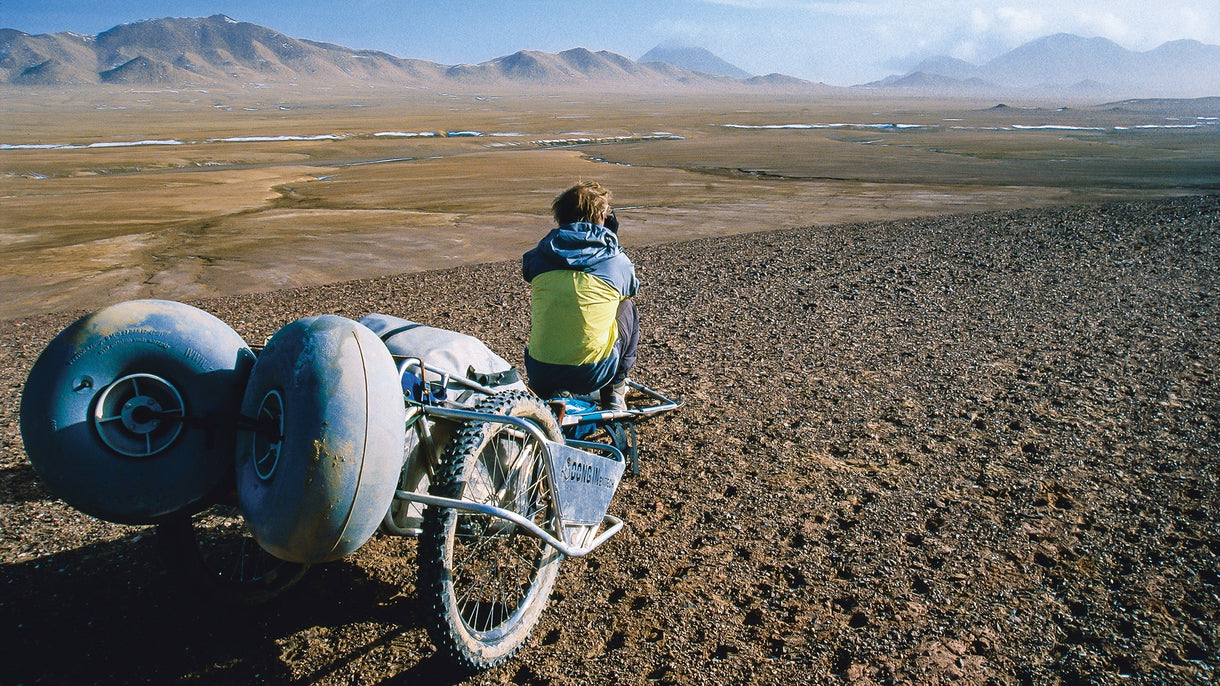Mountain biking saved Derby once already. As the loggers move in, can it save the town again?
“Have you ridden in Derby?”
This question always hangs in the air, not as a test or a qualifier to see where you sit in the world of mountain biking, but more as an invitation. An invitation to revel in the glory of riding somewhere cool, of riding somewhere special. Somewhere made for mountain bikers.
The small town of Derby in Tasmania's north-east has grown in popularity so much, that even those who don't ride have heard of it. Derby has been so successful, that national television programmes like Landline have visited to showcase the town, the people and its successful transformation.
For those who haven't been to Derby and ridden under the tree ferns, dropped into demanding trails through granite boulders, or heard the absolute nothingness in forest hollows where deep loam absorbs all sound – the town was all but dead less than 10 years ago. Sitting in the north-east of Tasmania, roughly half way between Launceston and St Helens, Derby had a history of tin mining, forestry and difficult living. The landscape surrounding the small town has been shaped by resource extraction; from water canons wearing away hillsides, to a valley scoured after a dam broke its banks. And of course, the countless hilltops stretching to the hop fields of Branxholm and over the windswept rises to Winnaleah are now all farmland, the deep forests felled to fuel fires and a growing state.
In this sense, Derby is no different to countless small towns up and down Australia's east coast and beyond. As the population was dropping and buildings on the main road were falling into disrepair, mountain biking was seen as a saviour. Plans were struck, vast networks of old logging and mining tracks were ground proofed, and the trail builders moved in. Mountain biking was going to save Derby.
My first visit to Derby was in February 2015. No trails were open. That was happening soon. I was invited down by Ben Mather, a champion mountain biker who had grown up in Derby and wanted people to know how special the area was. I booked flights and arranged a photographer.
We drove out at first light, and I wasn't sure what to expect. I've ridden in plenty of stunning places, but in general never had the wow factor when riding trails in Australia. Not like you might in Rotorua, or Crested Butte, or in the high alpine forests and meadows of the Swiss Alps. With 25km of single-track due to open, we left the centre of town and went straight to dirt, twisting and turning up a gradual climb, with a creek tinkling just out of sight. The trail would drop away and we'd whoop down and quickly turn and start climbing again with no effort felt. The joy of discovery spurned us on.
'How good is this?'
'Wow, is it all like this?'

"The berms were perfect, the rock slabs grippy, and the sight lines kept you guessing but were long enough for you to let the bike just go." Photo Stu Gibson
Our small group rode on, through eerily quiet groves of tree ferns towering above and on to the rockier ridge lines. Past Eucalyptus regnans standing watch overhead. The descents were like a video game, being sculpted by trail builders just for mountain bikers. The berms were perfect, the rock slabs grippy, and the sight lines kept you guessing but were long enough for you to let the bike just go. We were elated, and none of us could stop gushing about the riding when we sat afterwards at the one cafe that was open in town. Derby was going to be amazing. Mountain biking would save Derby.
And it did. Real estate sold for the first time in years. There was investment from out of town, out of state and beyond. International events like the Enduro World Series came to Derby, twice, and each year a trail at Derby won the EWS Trail of the Year.
I have been to Derby to race bikes, to ride bikes, and cover stories of people riding or racing bikes. I've eschewed a family Christmas so my wife and I could go and ride our bikes at Derby instead. We first visited together in 2015, booking one of the few Airbnb properties and filling it with other mountain biking friends. The excitement after each one of us rode the trails in the forest was the same, although we all connected differently.
“Mountain biking in Derby, it's like a thousand eyes are watching you and a thousand ears are listening to you.”
My wife, Imogen Smith had a strong connection to the area after her first visit. She explains it this way: “Riding in the forests of Derby for the first time, I was reminded of a word I'd learnt a long time ago – 'numen'. It's a Latin word that means 'presence' and it refers to the spirits or beings that are present in nature, of nature. Mountain biking in Derby, it's like a thousand eyes are watching you and a thousand ears are listening to you. And I'm not talking about all the native animals. It's something mystical inhabiting the tree ferns and the mosses and the dripping branches. To ride in the forests of Tasmania is to be inspired with a very special, spiritual awe.”
In the first few years there were frequently times where it would feel like you had the trails just to yourself. From high on Atlas, or near the shore of the lake on the Dambusters loop, the presence was real. A lot of people would feel it, if not recognise it.
The original 25km of trails grew quickly, with more built every year, stretching from Branxholm to the Bay of Fires. Derby offers something for those who want to ride the trails used for the EWS, through to those who want a long-distance wilderness trail, or riders who just want to take their kids on a flat ride around a lake. Have you ridden in Derby? Such a wide variety of riders will answer ‘yes’ and will have had a great time.
While Derby's mining and forestry history was now behind it, it was still recognised. From the trail names to the remnant landscapes you would ride past, it was all part of what shaped the Derby that is here now. Even the lake where a floating sauna sits is not strictly a natural lake. Mountain biking has gentrified this corner of Tasmania, and countless areas want to follow, to reap the economic rewards that such an increase in visitors can bring. But nowhere else seems to have the same magic, the same forests, climate, rolling hills and centralised network that has had such room to grow. Derby is special.

While the Blue Derby trails are fast-paced, they also slow for contemplative moments. Photo Stu Gibson
Derby is now a mountain bike town, and it may have been master trail builder, Glen Jacobs who first called it that in 2019 at a trail summit held in Derby. Colin Levitch is a snow and bike journalist who has worked around the world, riding the best slopes and the best trails in the name of a good story. But his visit to Derby in 2019 struck him.
“I had heard about Derby for years before I finally had the opportunity to jump across Bass Strait to check it out. There was so much hype, and by that stage, the trail network had already won EWS trail of the year – twice – and I’d seen countless superlative-packed comparisons to destinations around the world.” While rolling into Derby is one thing, getting on the trails is the next step. “The first trail I rode was Roxanne and boy, how this little slice of paradise in north-east Tasmania delivered… and it continued to get better the more I explored. The vegetation feels like it’s pulled straight out of the cretaceous period, the dirt is unbelievable, and there is granite like I have never seen scattered across the network. After about an hour, I got it. The hype, all of it, was real.”
Colin's reaction to riding at Derby is not unique. Even the weariest journalist and the dirtiest of dirtbag mountain bikers love it. Derby doesn't try to be everything to everyone, yet really does offer something for everyone, from the rocky jank on Shearpin, the maze of berms on the Bay of Fires Trail, the old school cool on the climb to the Blue Tier, and of course the psyche out challenge of Detonate. And that barely scratches the surface.
As you read this, graders are pushing down Gondwana era forests to pulp trees and pick out a few saw logs.
But now this. The rumble of trucks kept me awake when I last visited in March 2021, and I was reminded that all the trails in the network sit on public land set aside for Sustainable Timber Tasmania, the Tasmanian Government's forestry brand. A number of coupes were due for harvest, and logging roads were being pushed in.
By this point, millions of taxpayer dollars had been invested in the construction of the mountain bike trails in Derby and beyond. And on top of that, it had allowed an economic revival in the area in the wasteland that mining and forestry had left. Since I first visited Derby, the main pub has been bought and upgraded. Almost every property has changed hands, the majority now short-term accommodation. There are at least three bike shops in town, the same for shuttle companies and cafés. There's boutique accommodation and even group accommodation of a very high standard. And of course there is free camping and top-notch facilities, all at the trail head with free access to trails.
But logging has deep roots, and the demand for timber isn't changing. As you read this, graders are pushing down Gondwana era forests to pulp trees and pick out a few saw logs. The habitat and understory are gone, left for a high intensity burn to clear up. These forests are essential nature corridors for wildlife, including glacial refugia areas that hold huge seedbanks of endemic species. The process of clear-felling and burning does mean there will be regrowth – but it won't match the ancient forests that are being cut down and burnt. It will promote dry sclerophyll, a eucalypt heavy forest that has a higher fire risk.
The loamy soil all mountain bikers love will be washed away, and the drying action will leave the trails more like the fire-hardened Mt Stromlo. Bubbling streams will be silted up and wildlife will be gone. Mountain biking saved Derby, but old habits may well kill it.
The voices in the forest, the numen, will be silenced.
Have you ridden in Derby?
I have. I did. But I may not again.
Take action to support Blue Derby Wild here.


